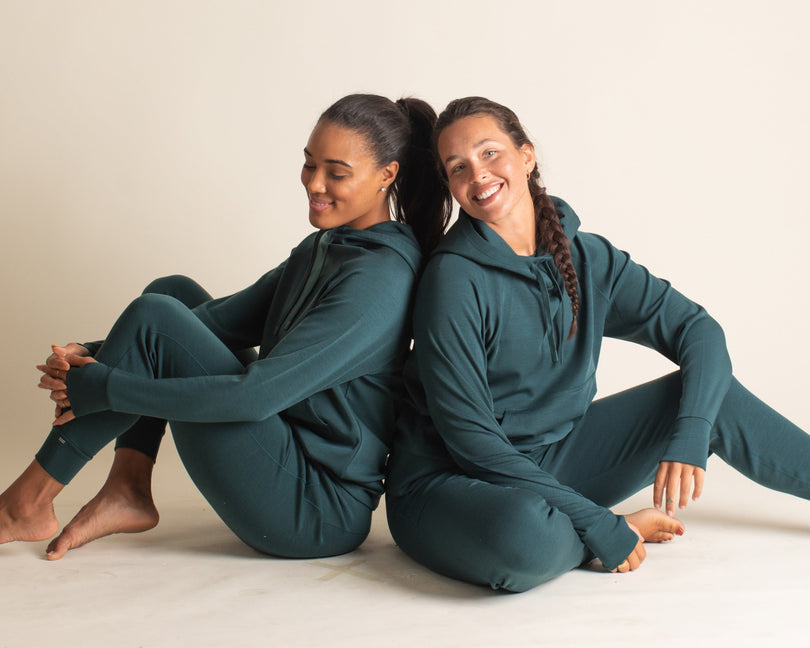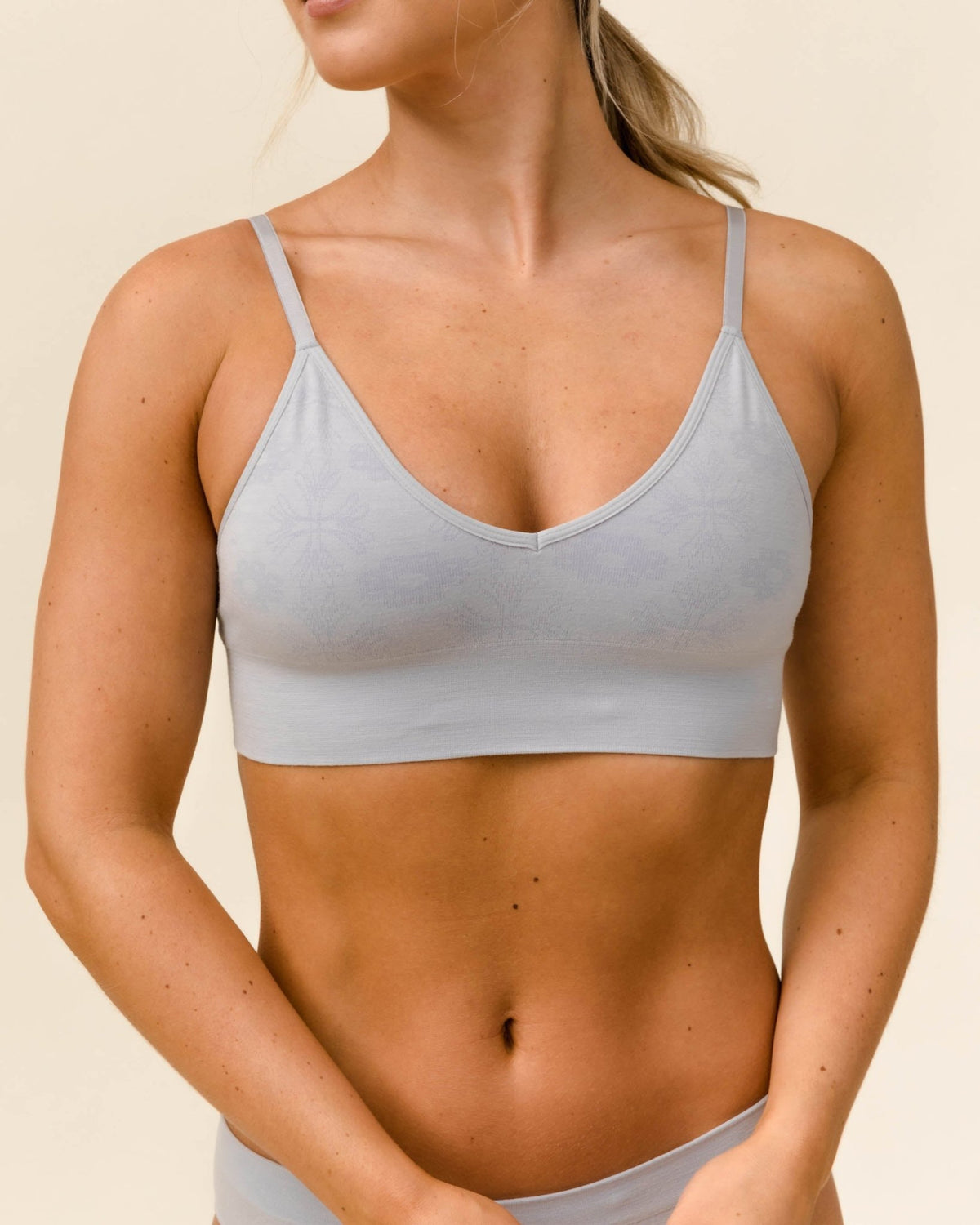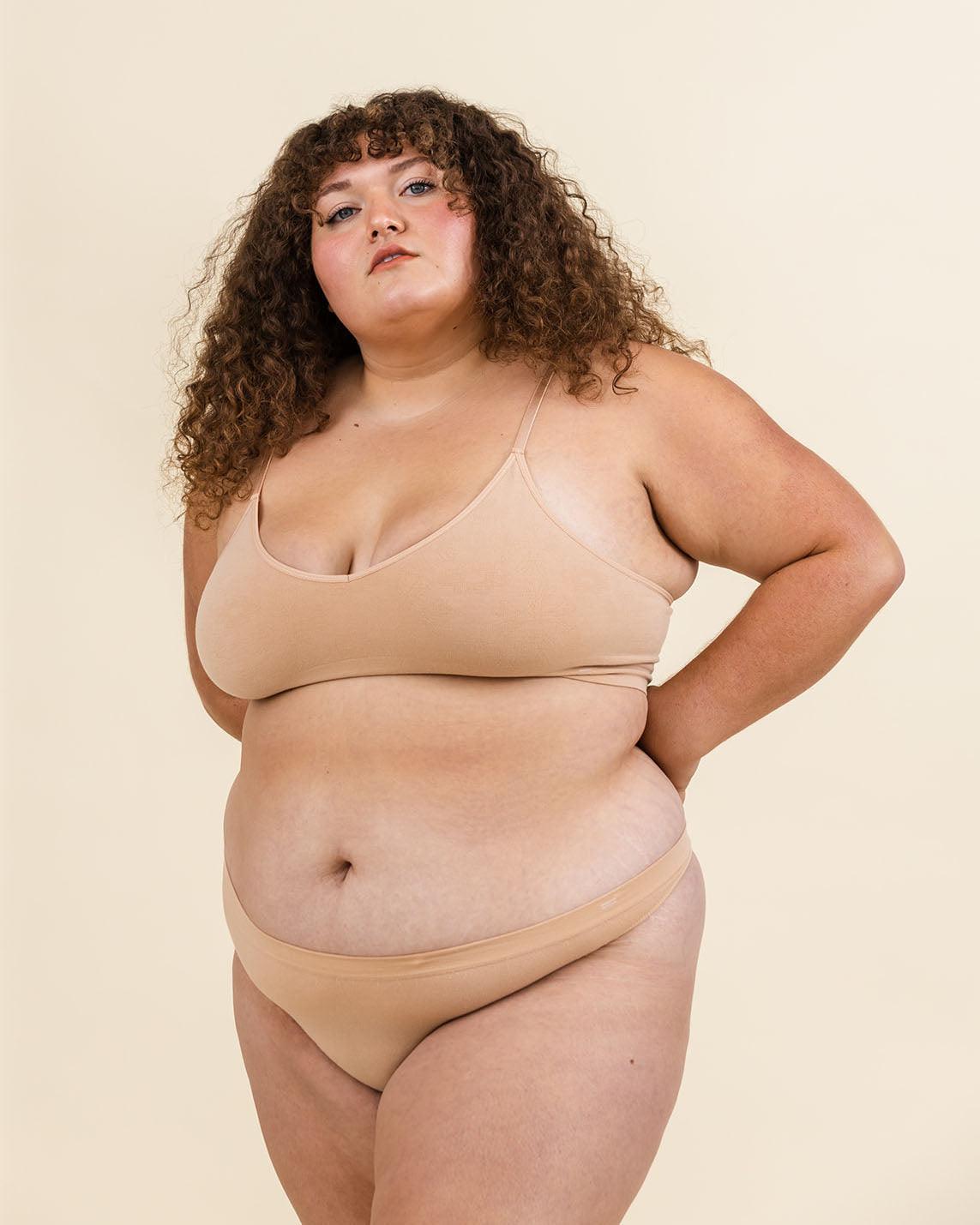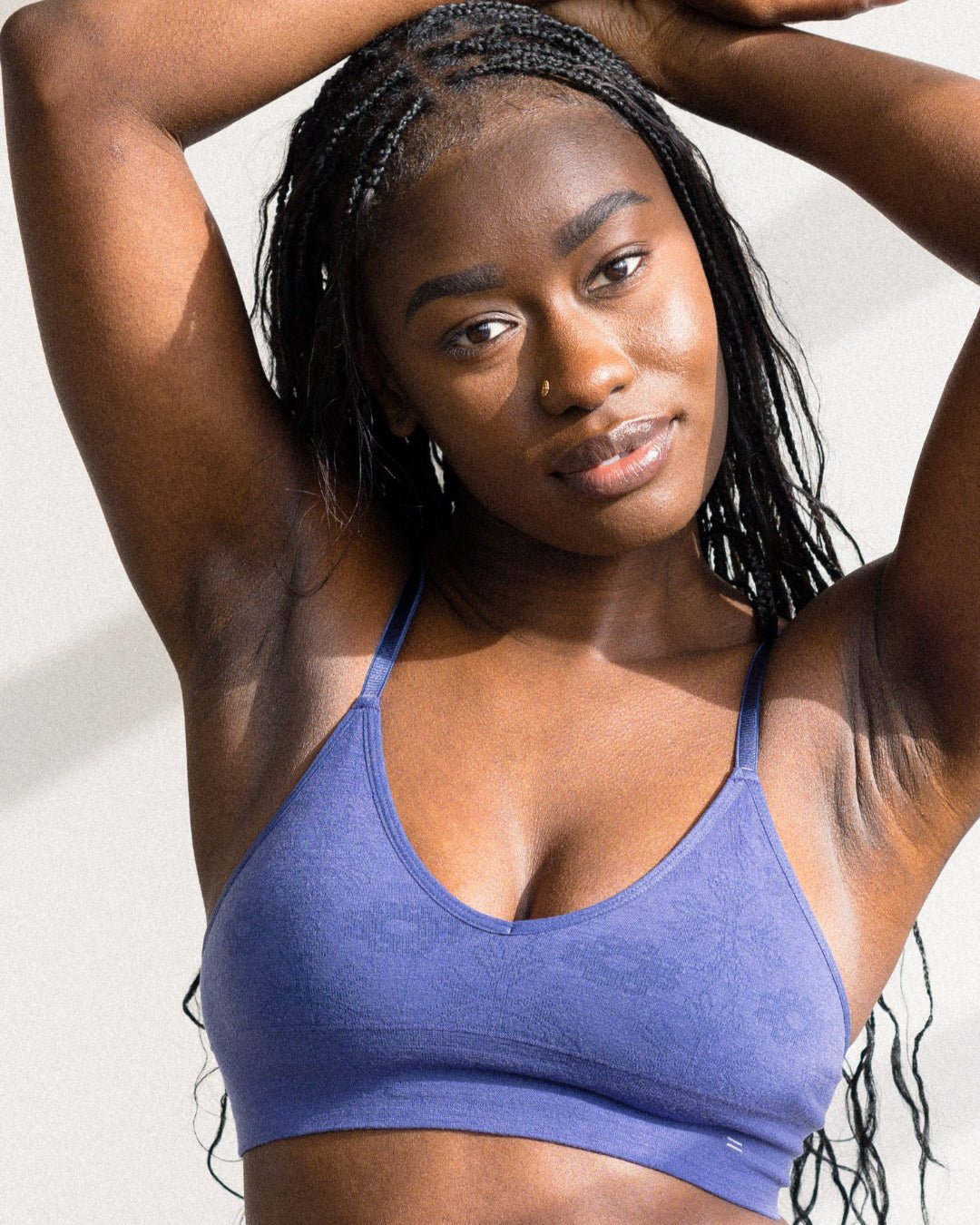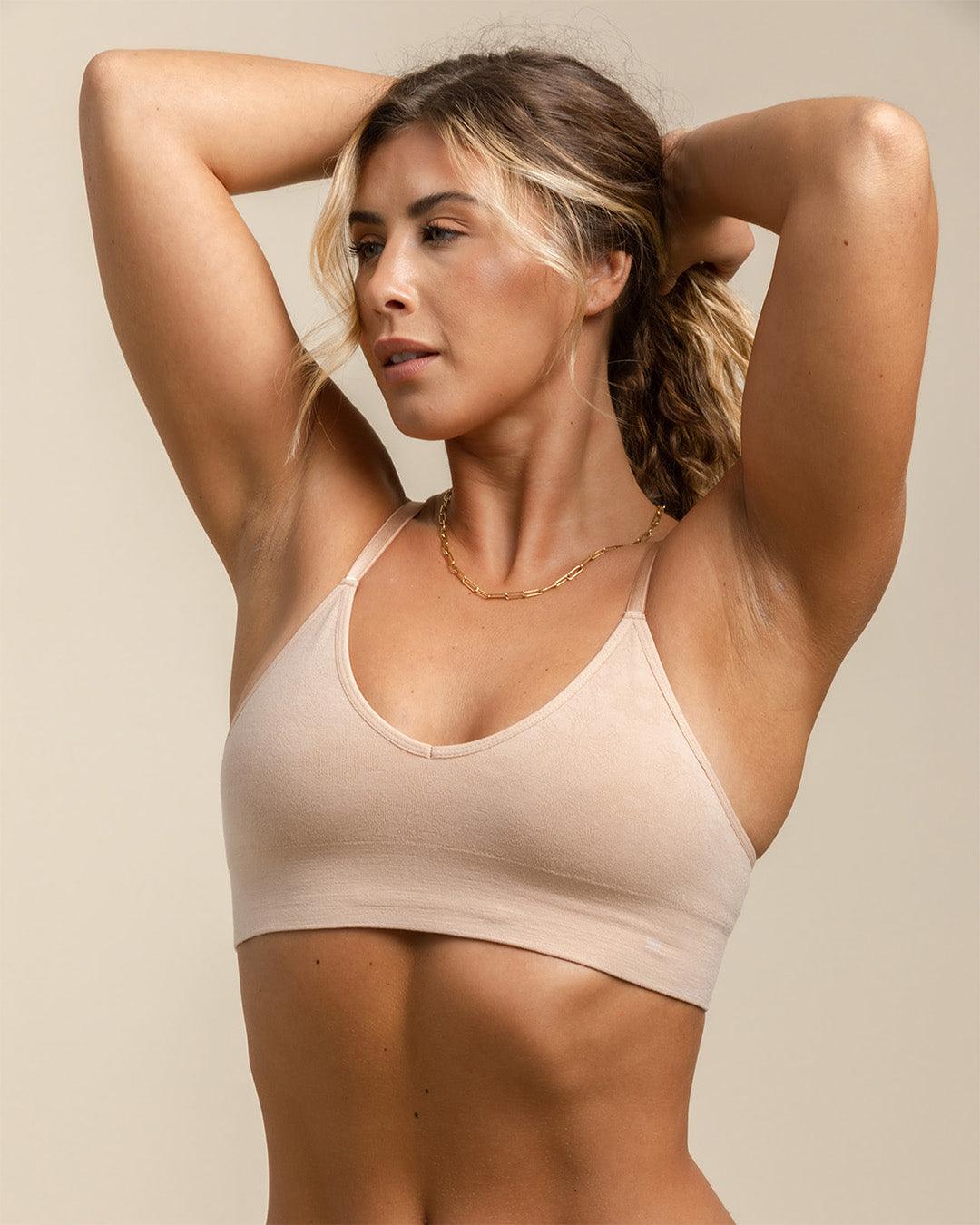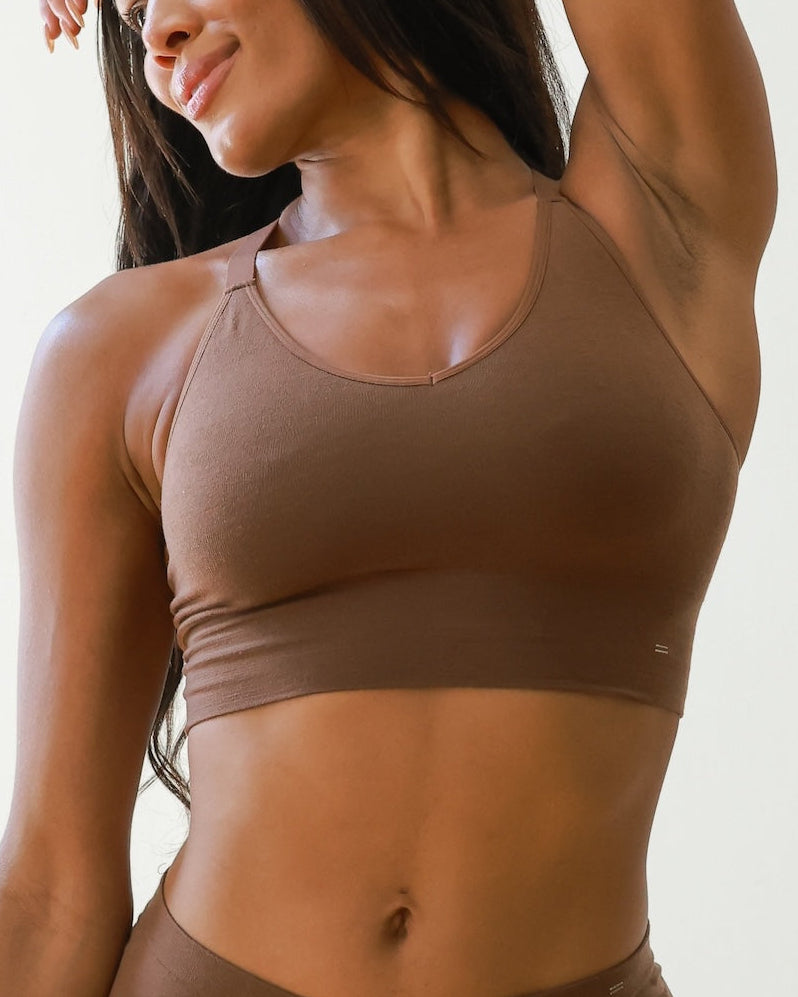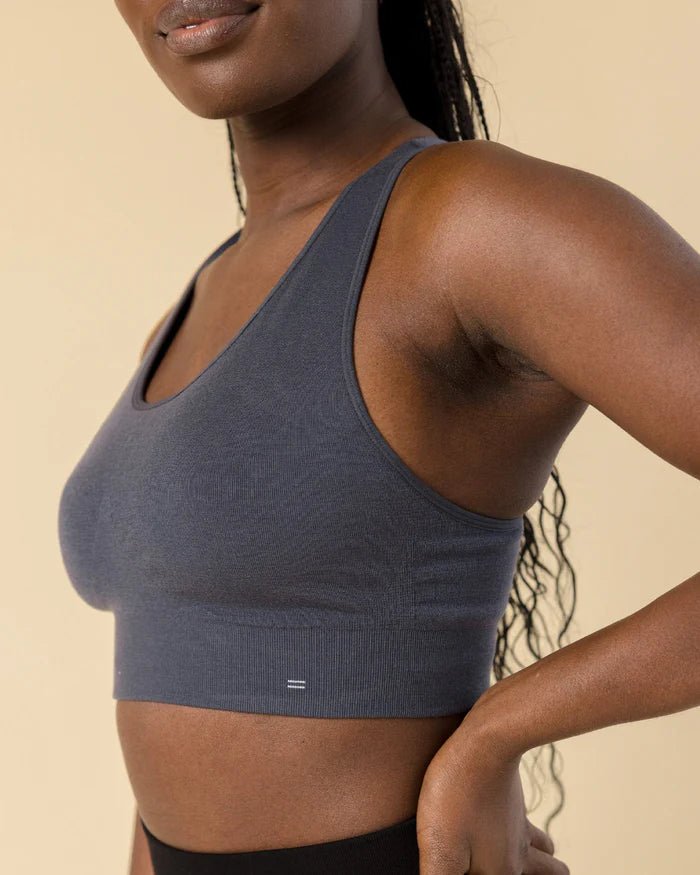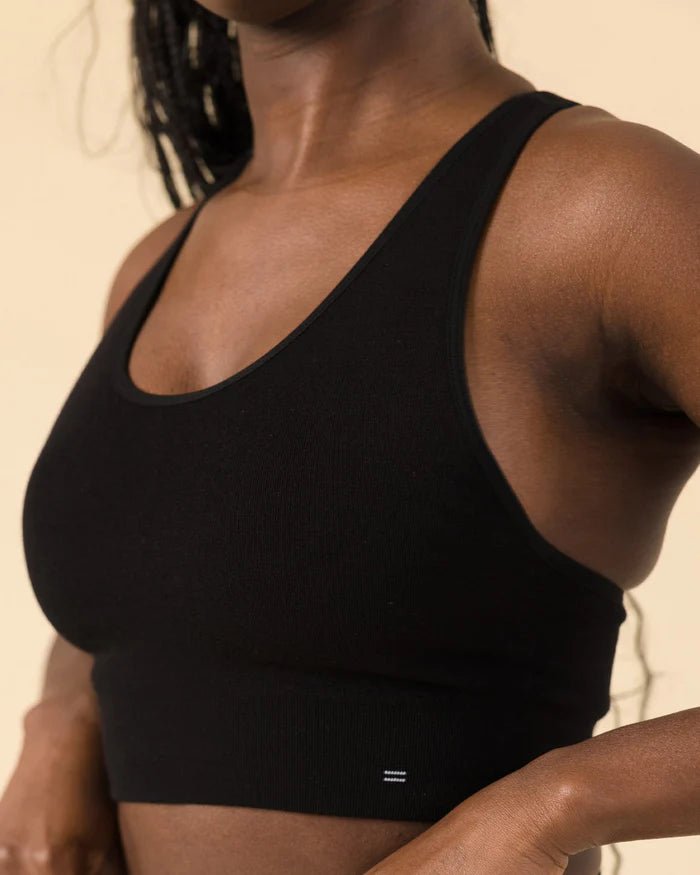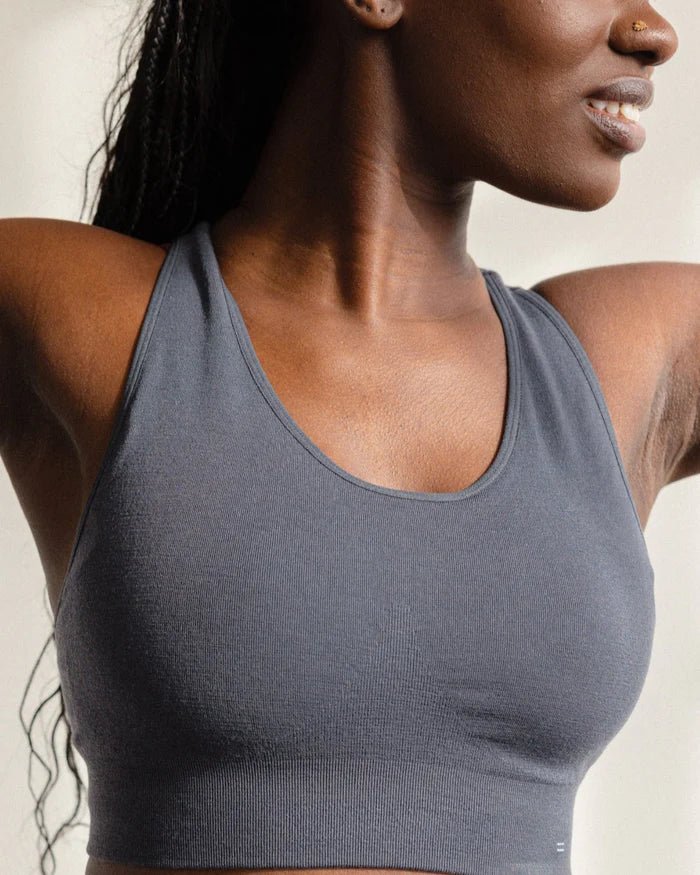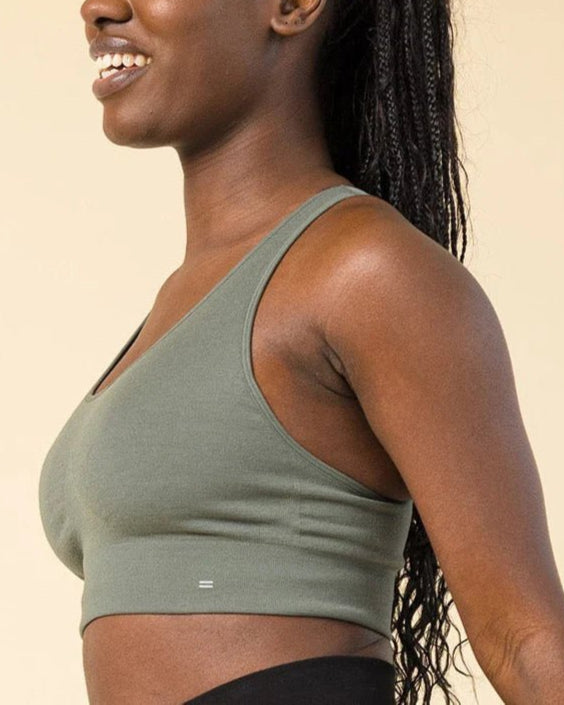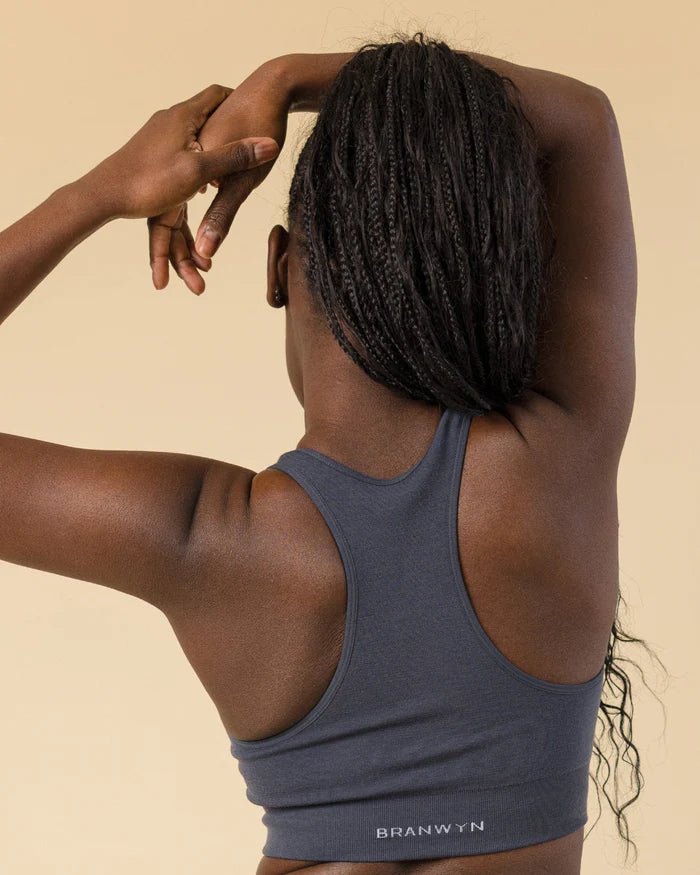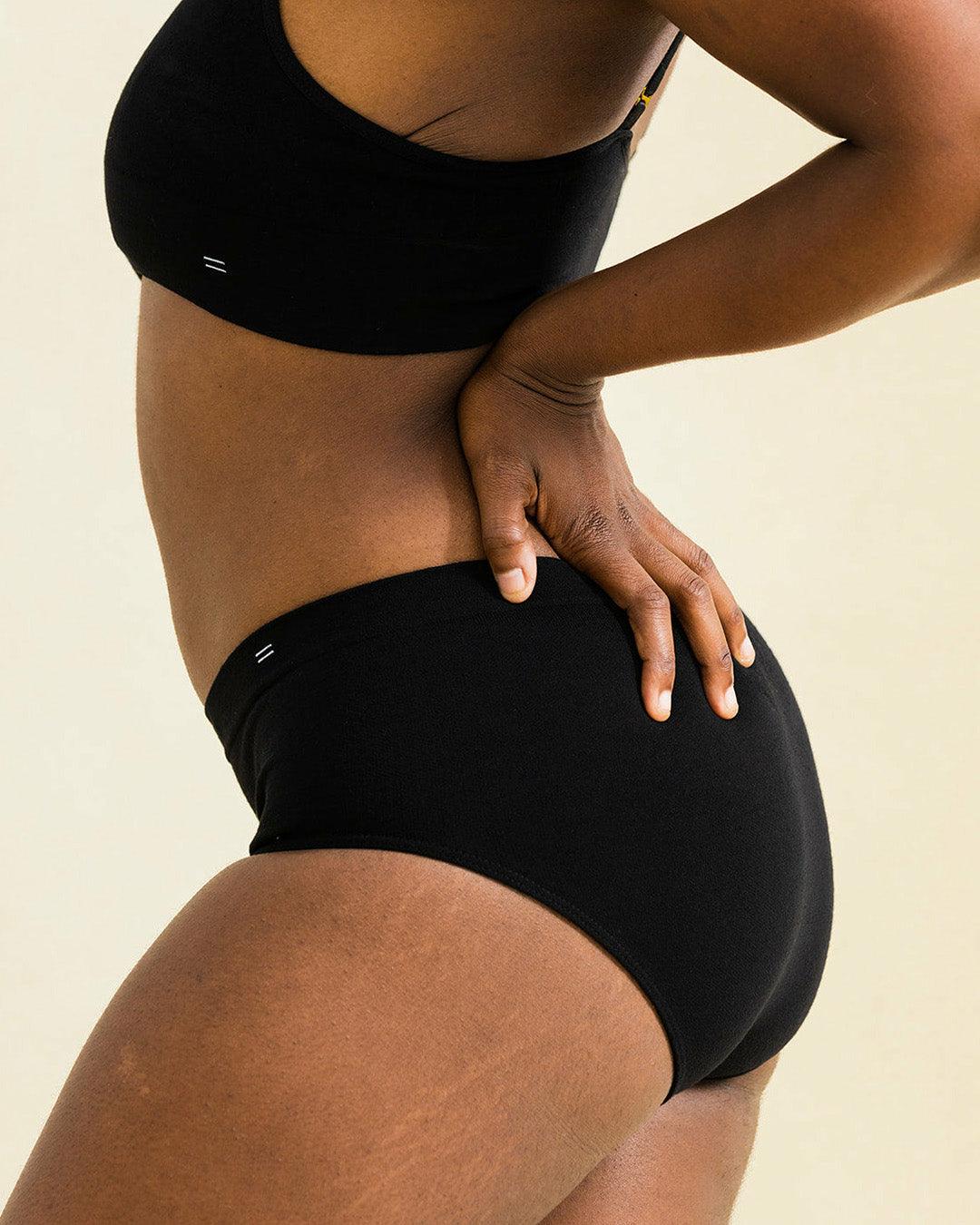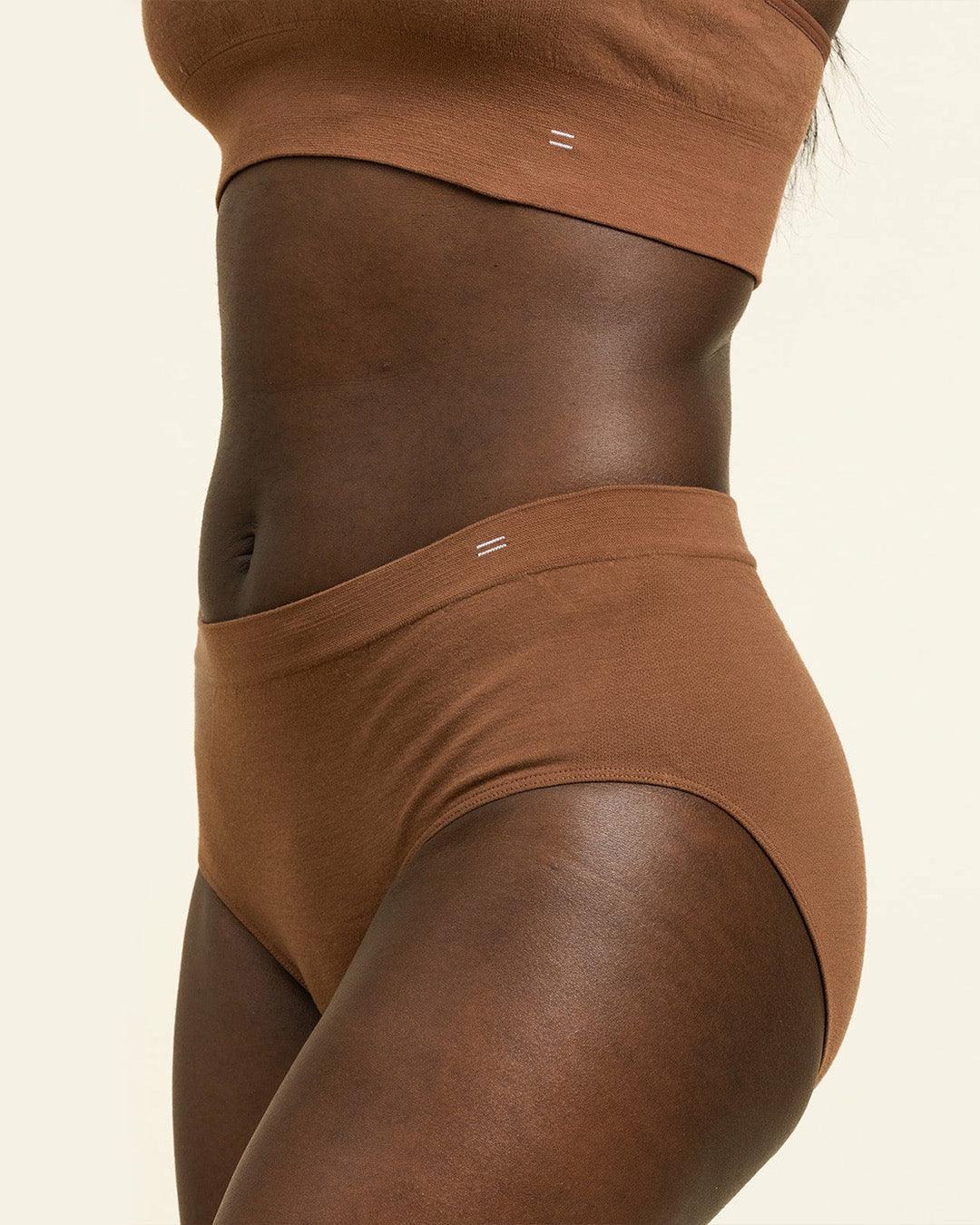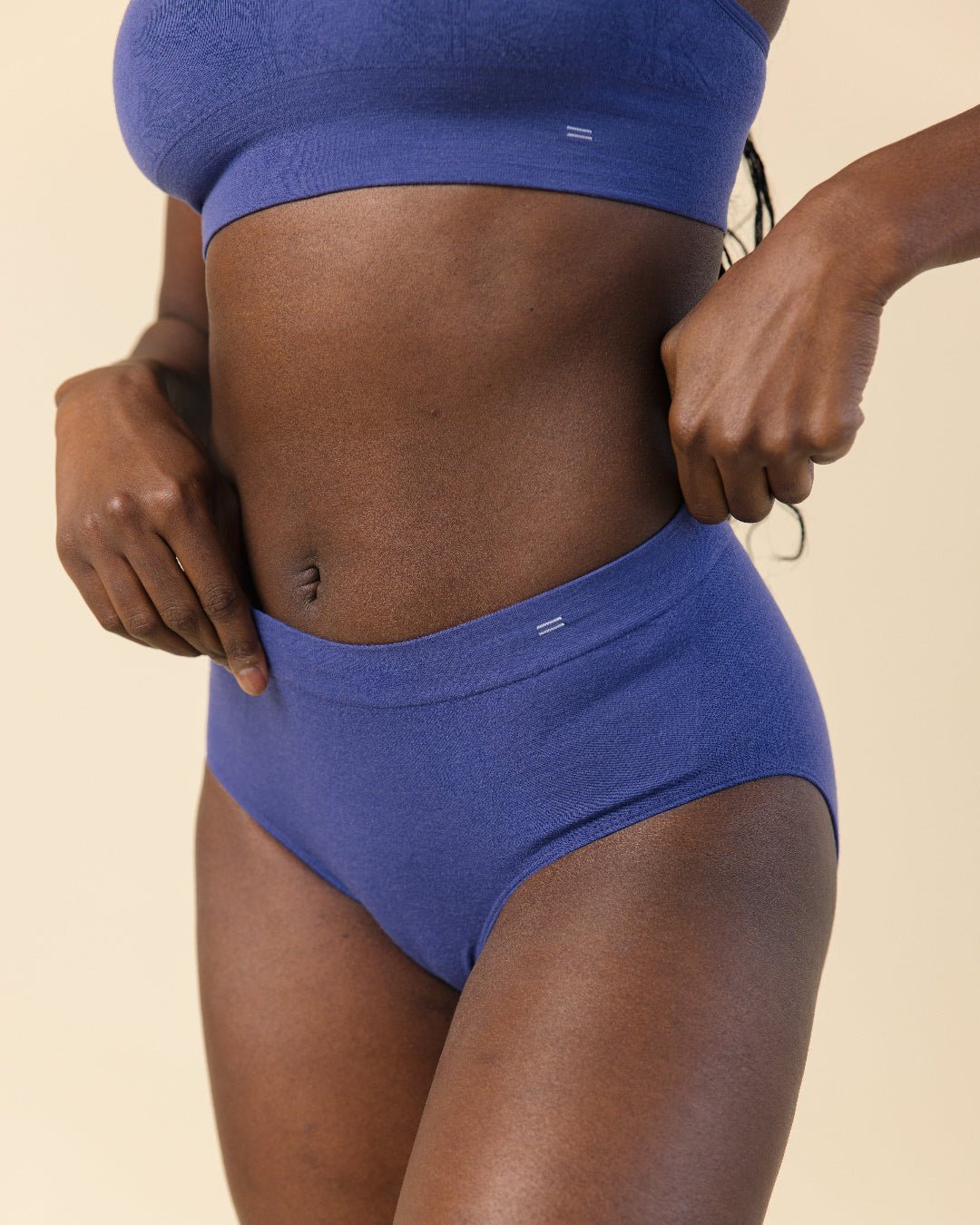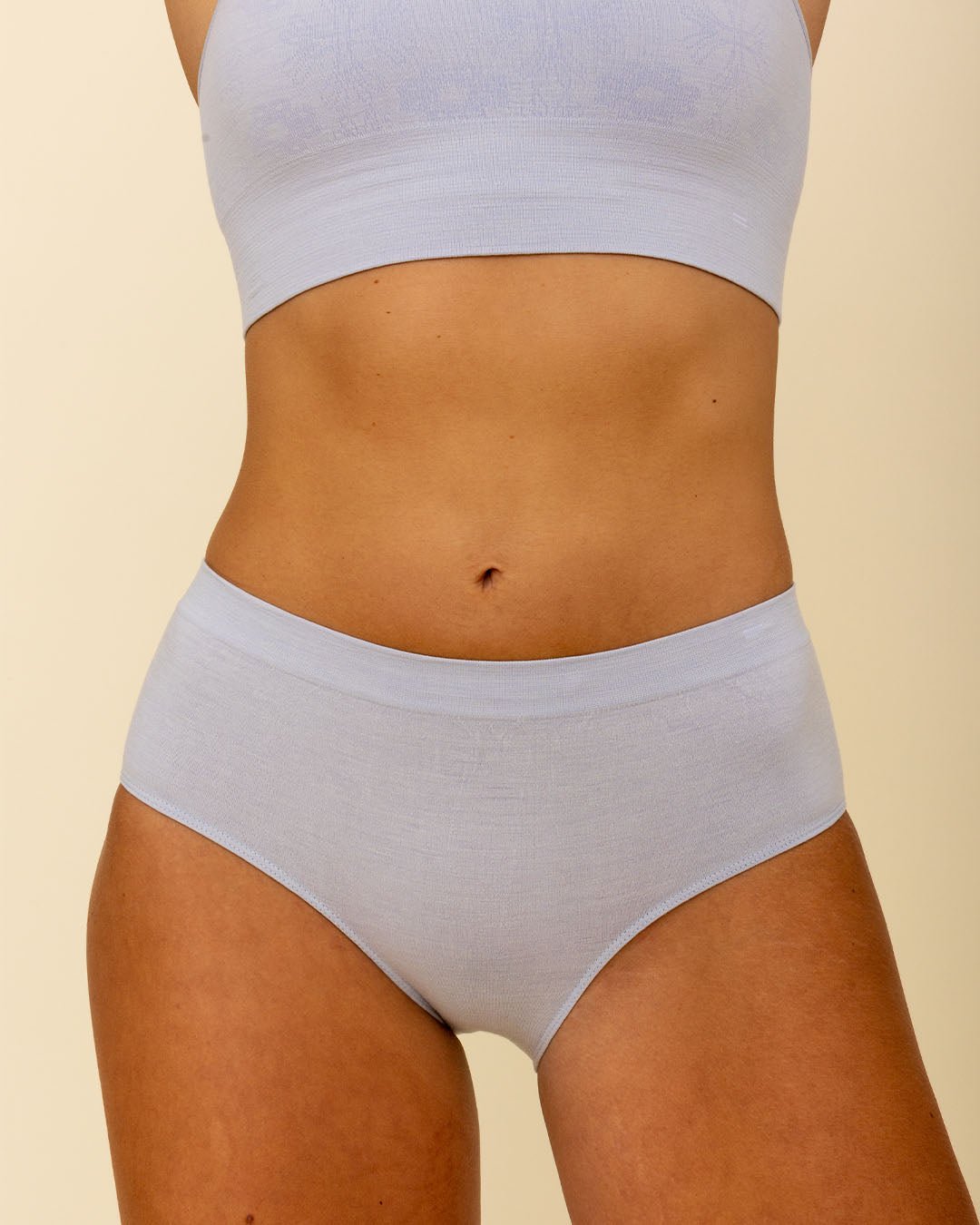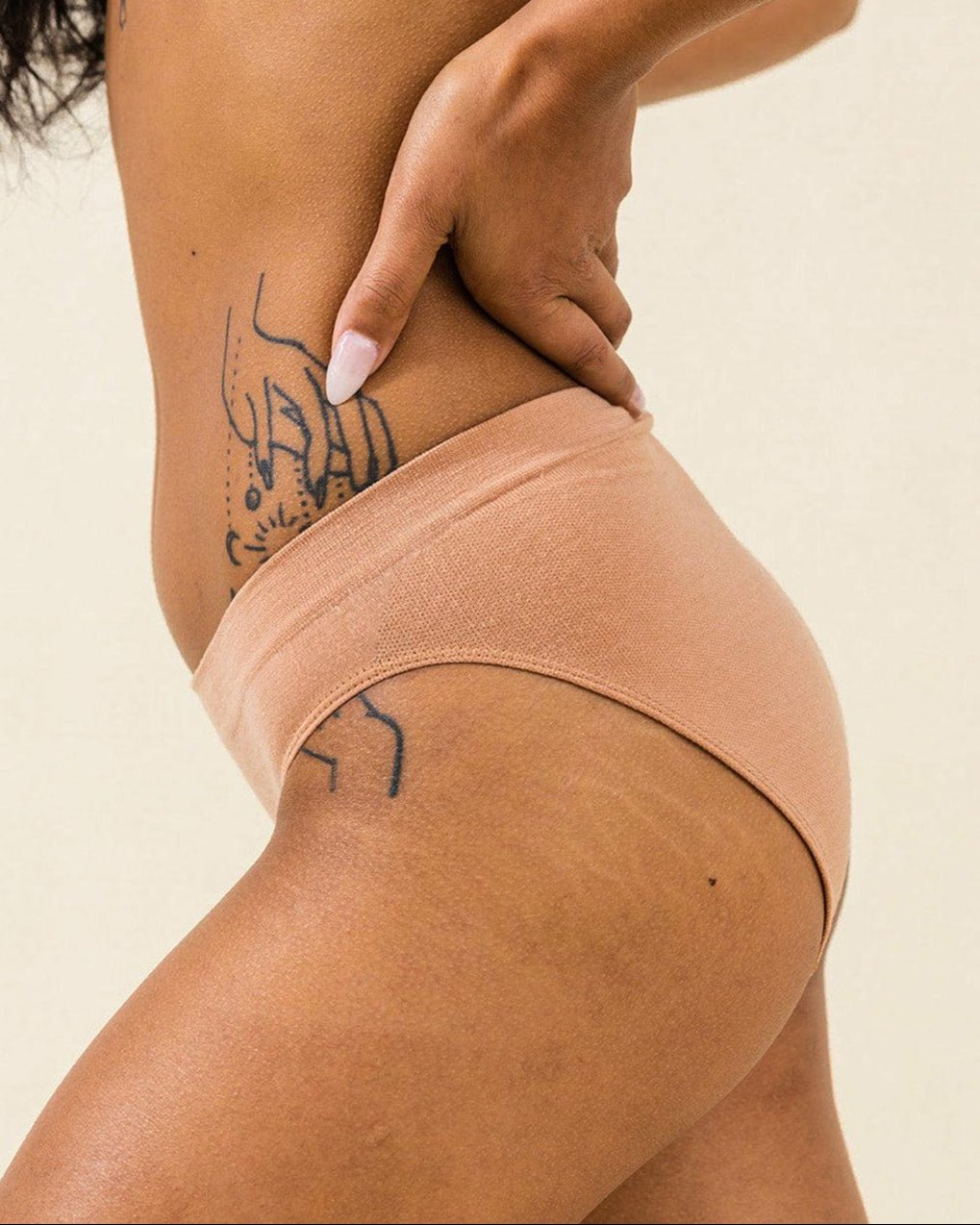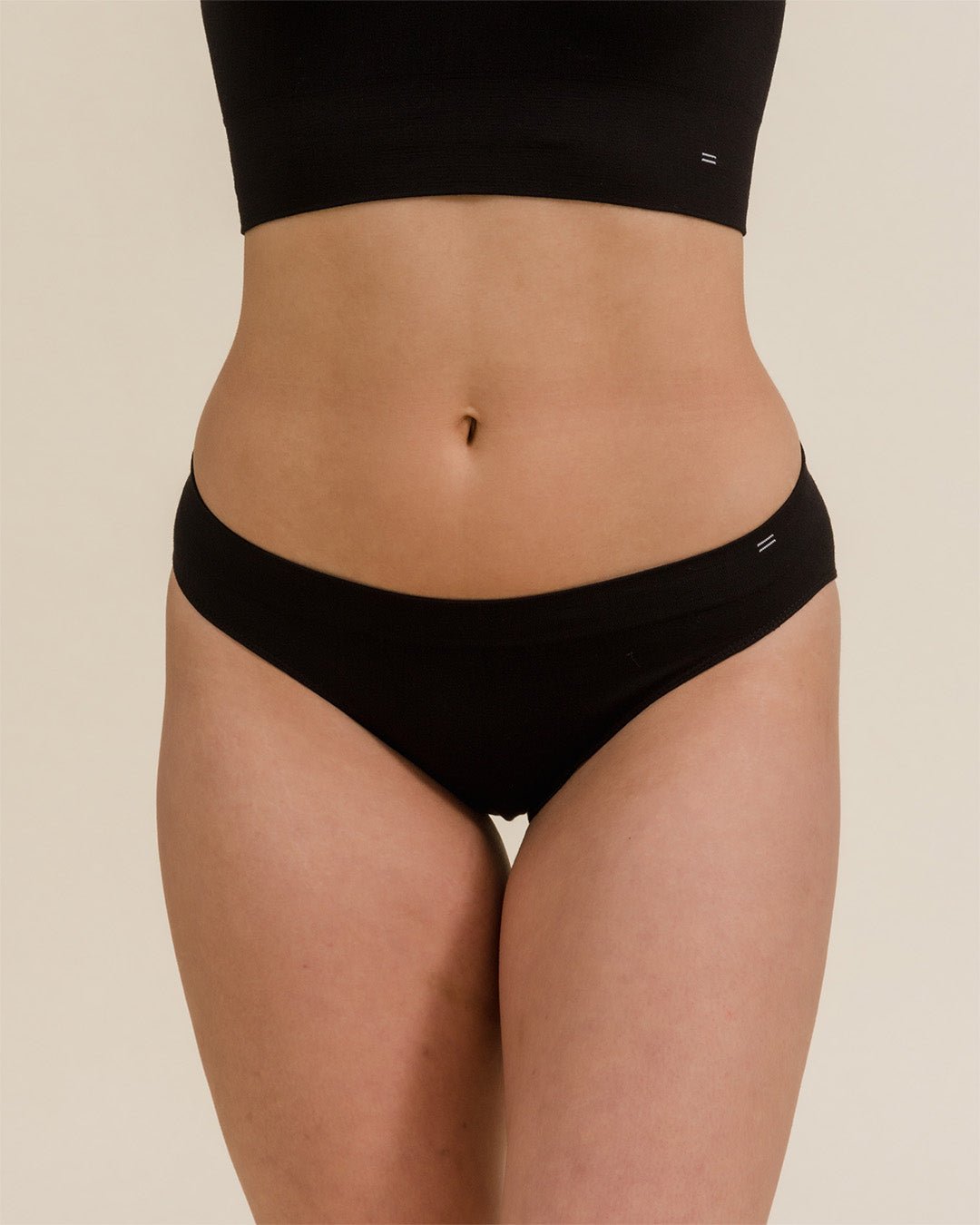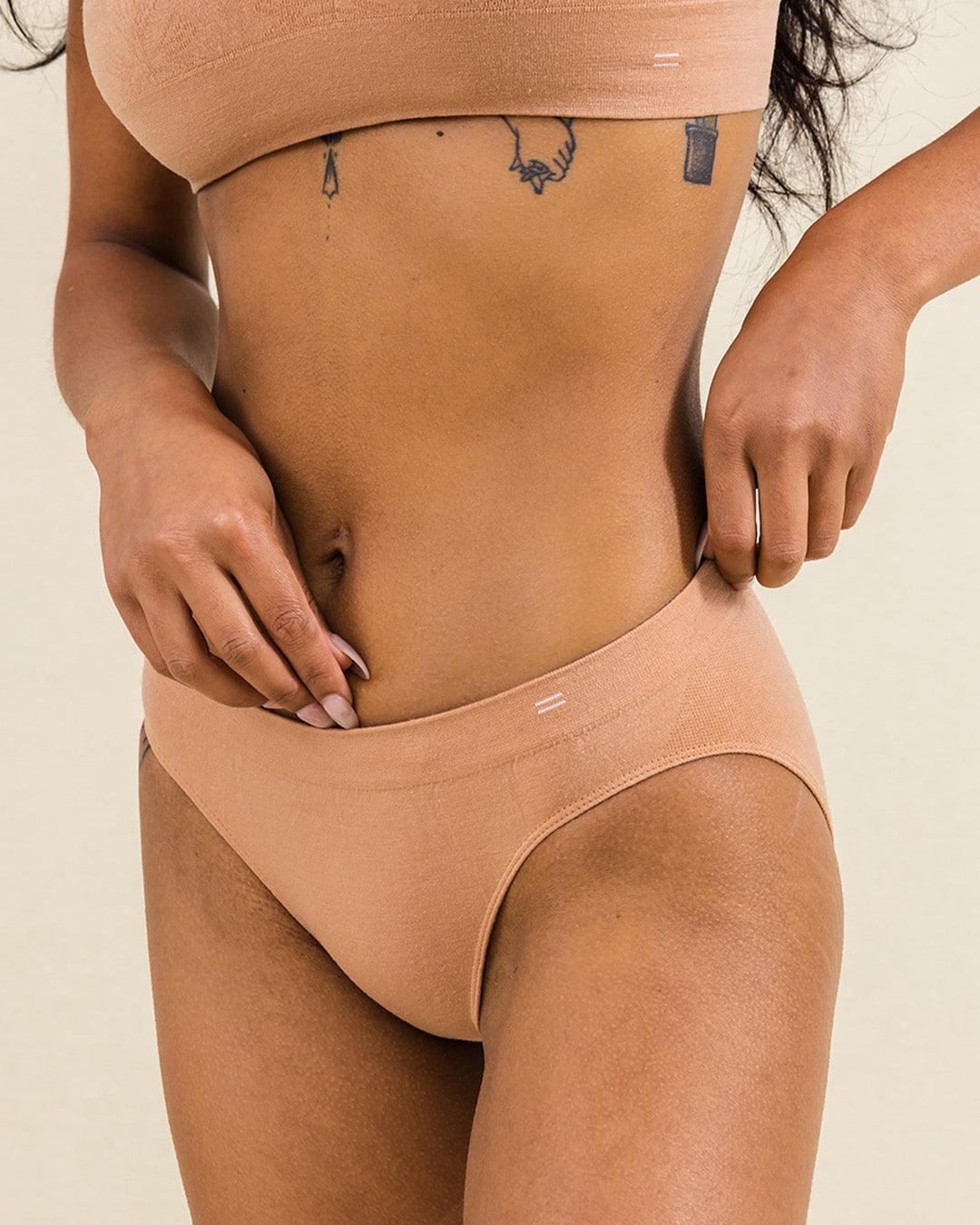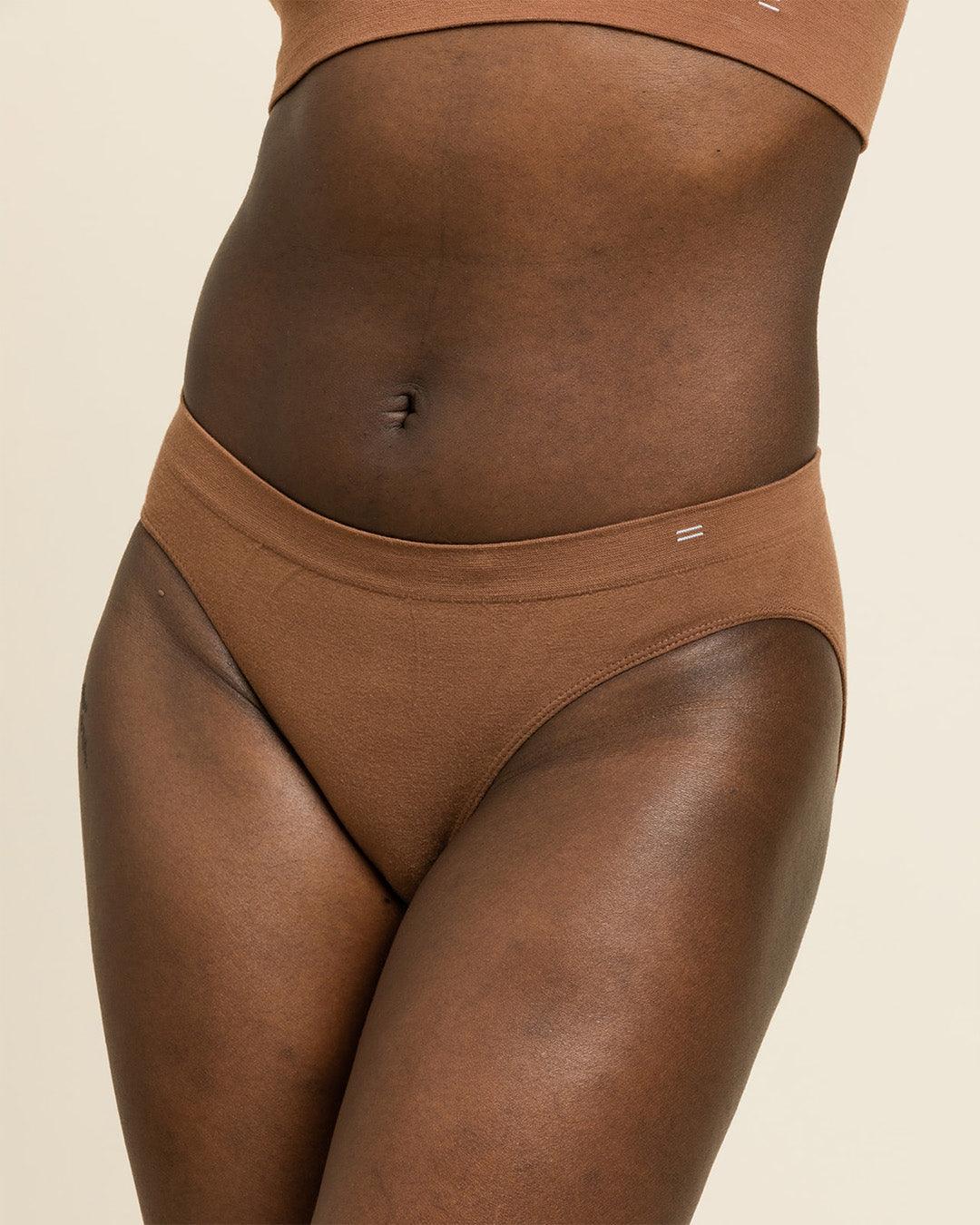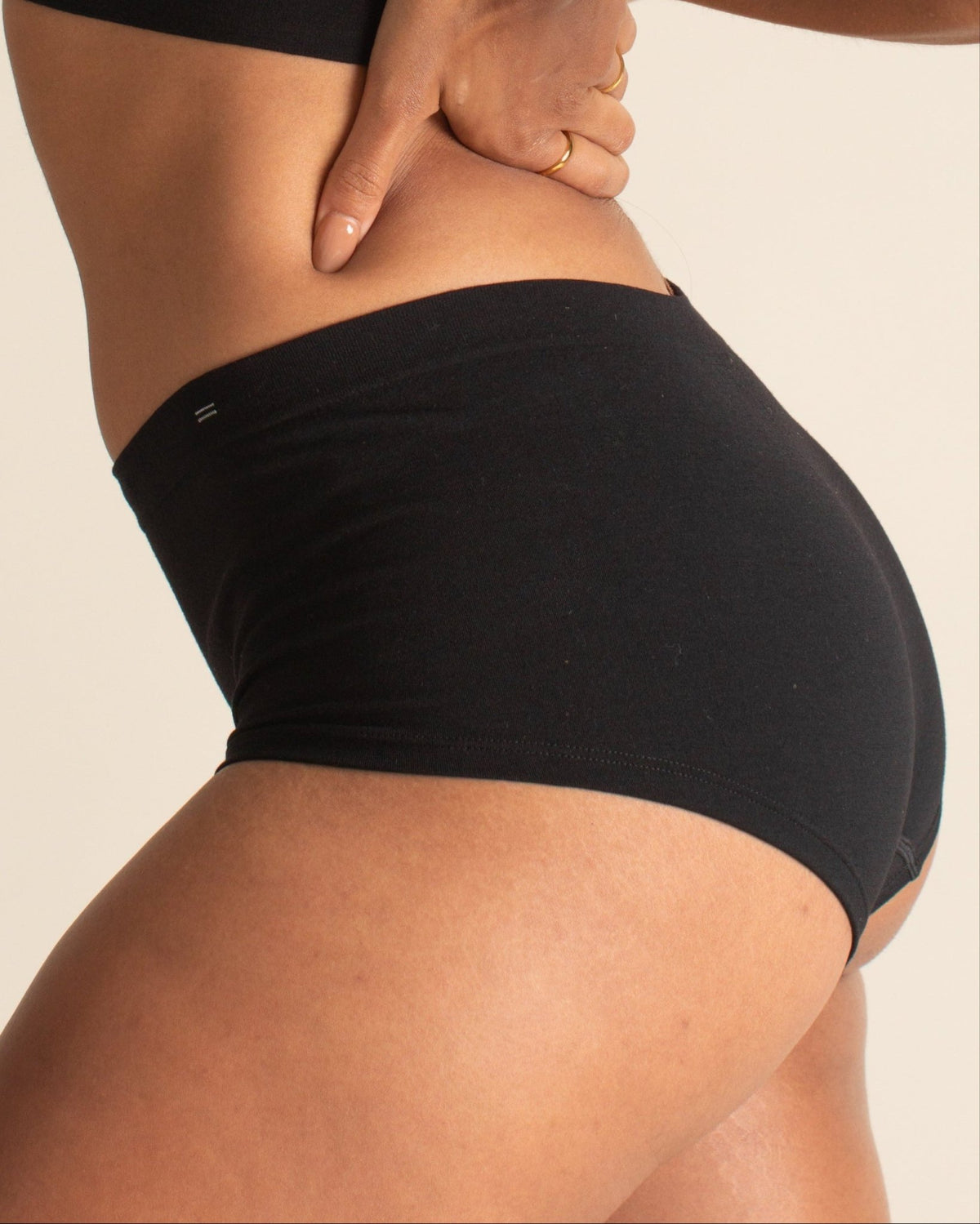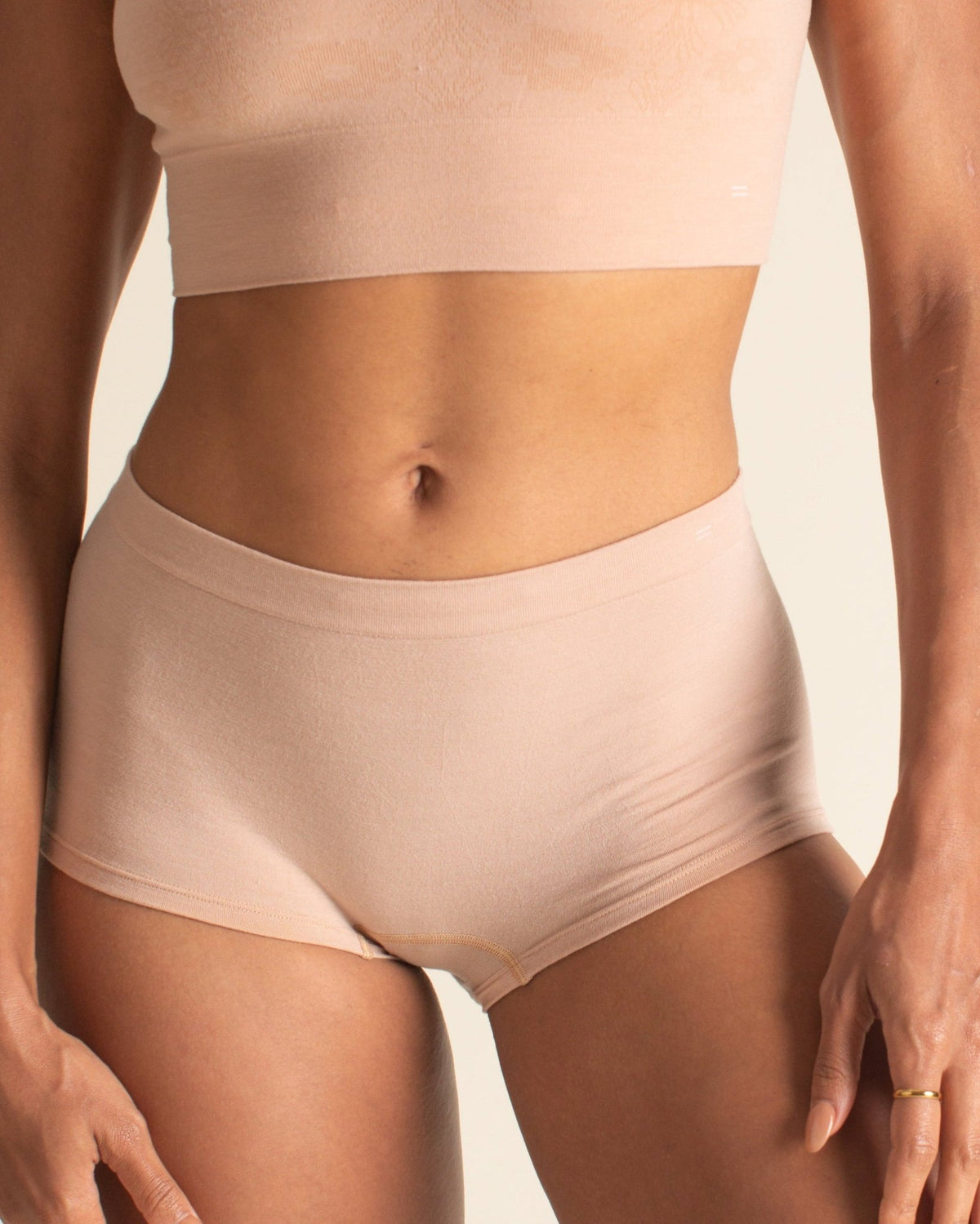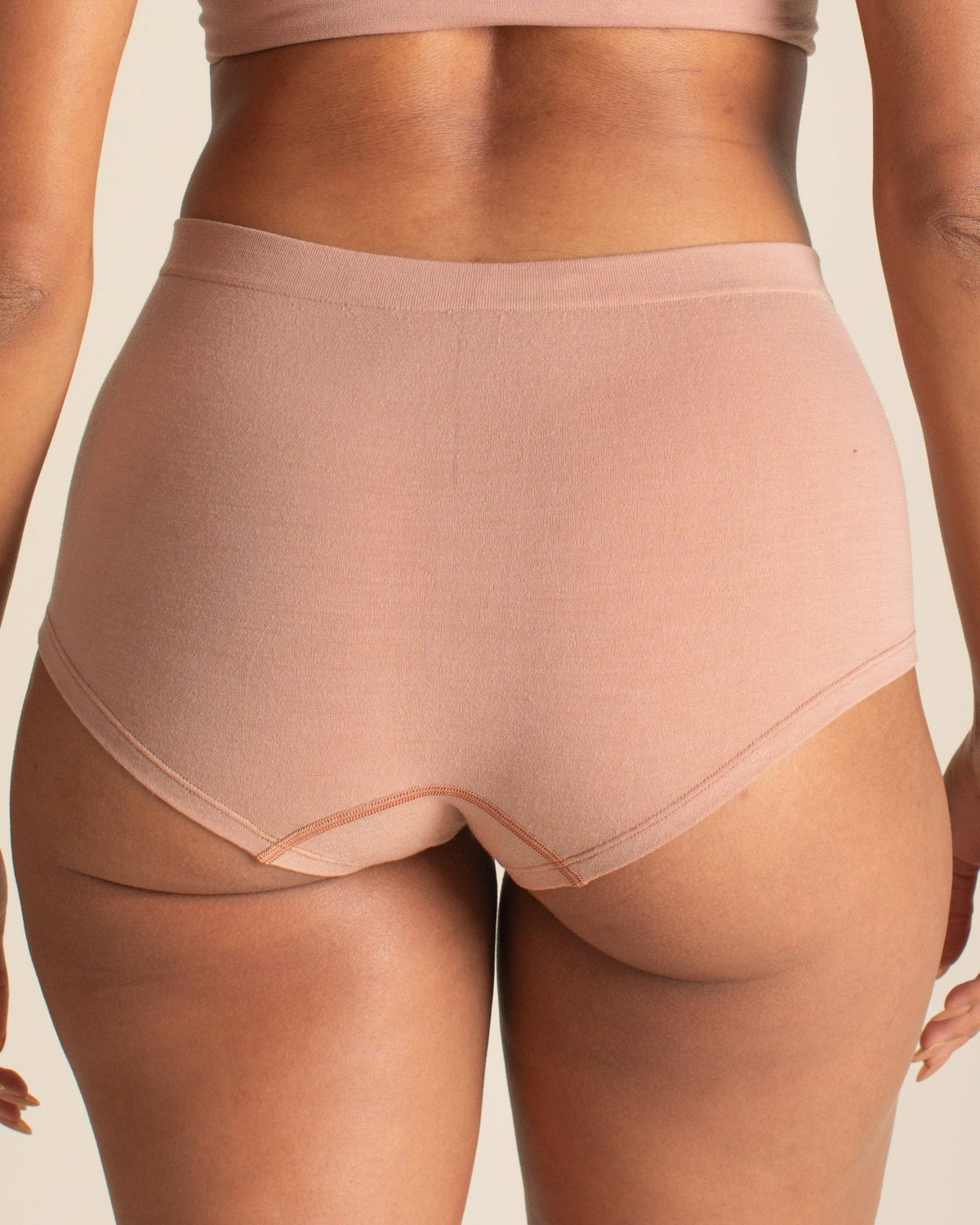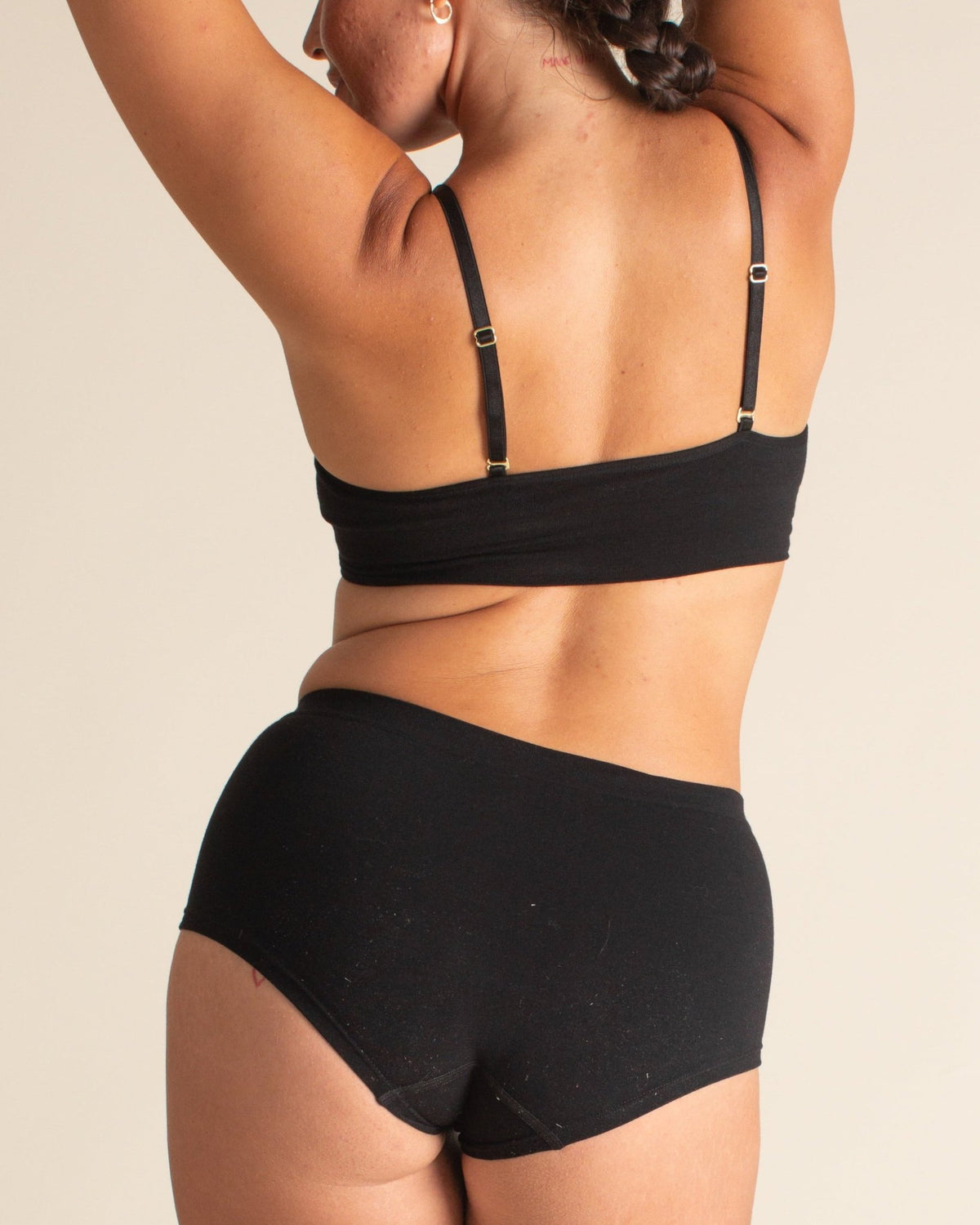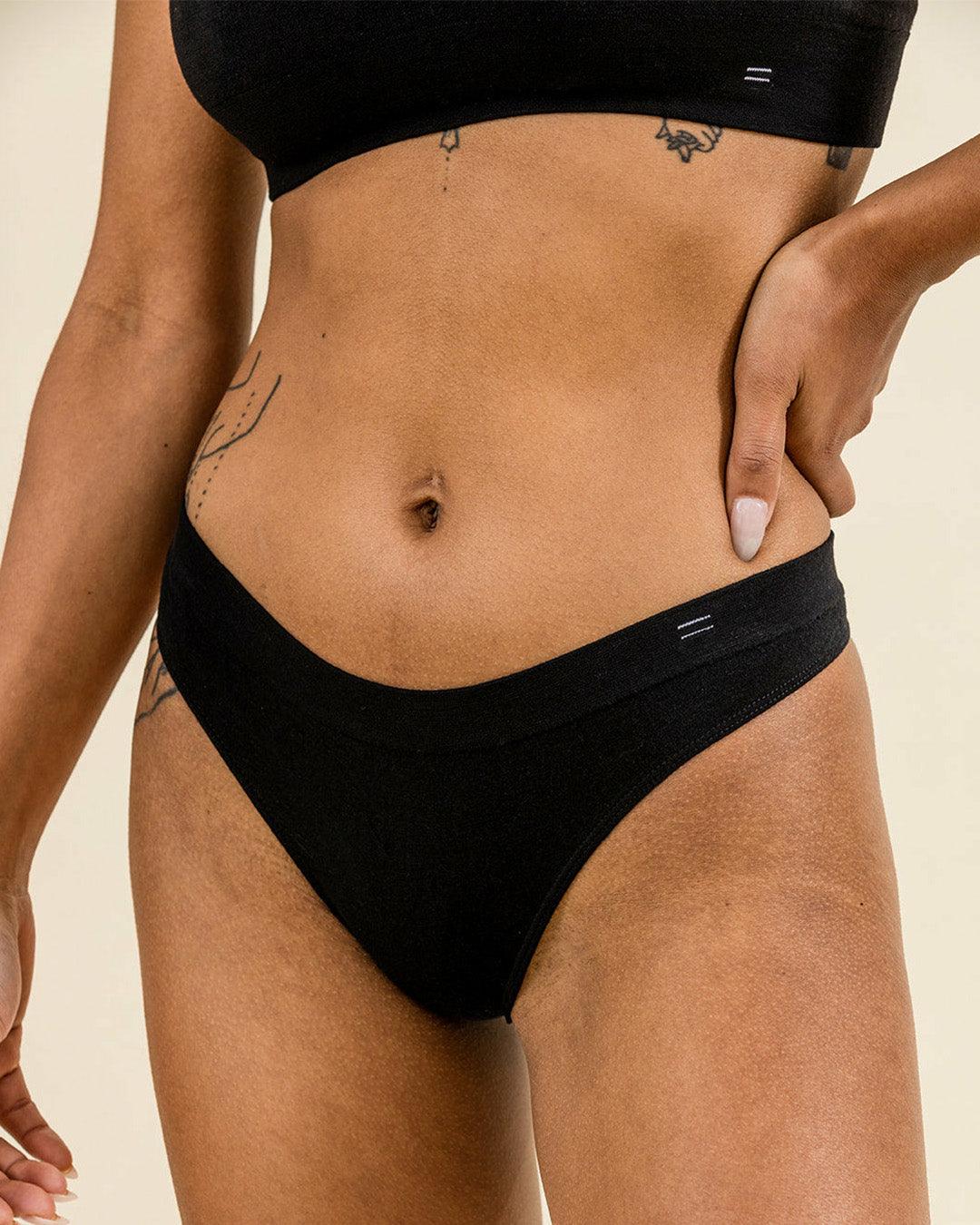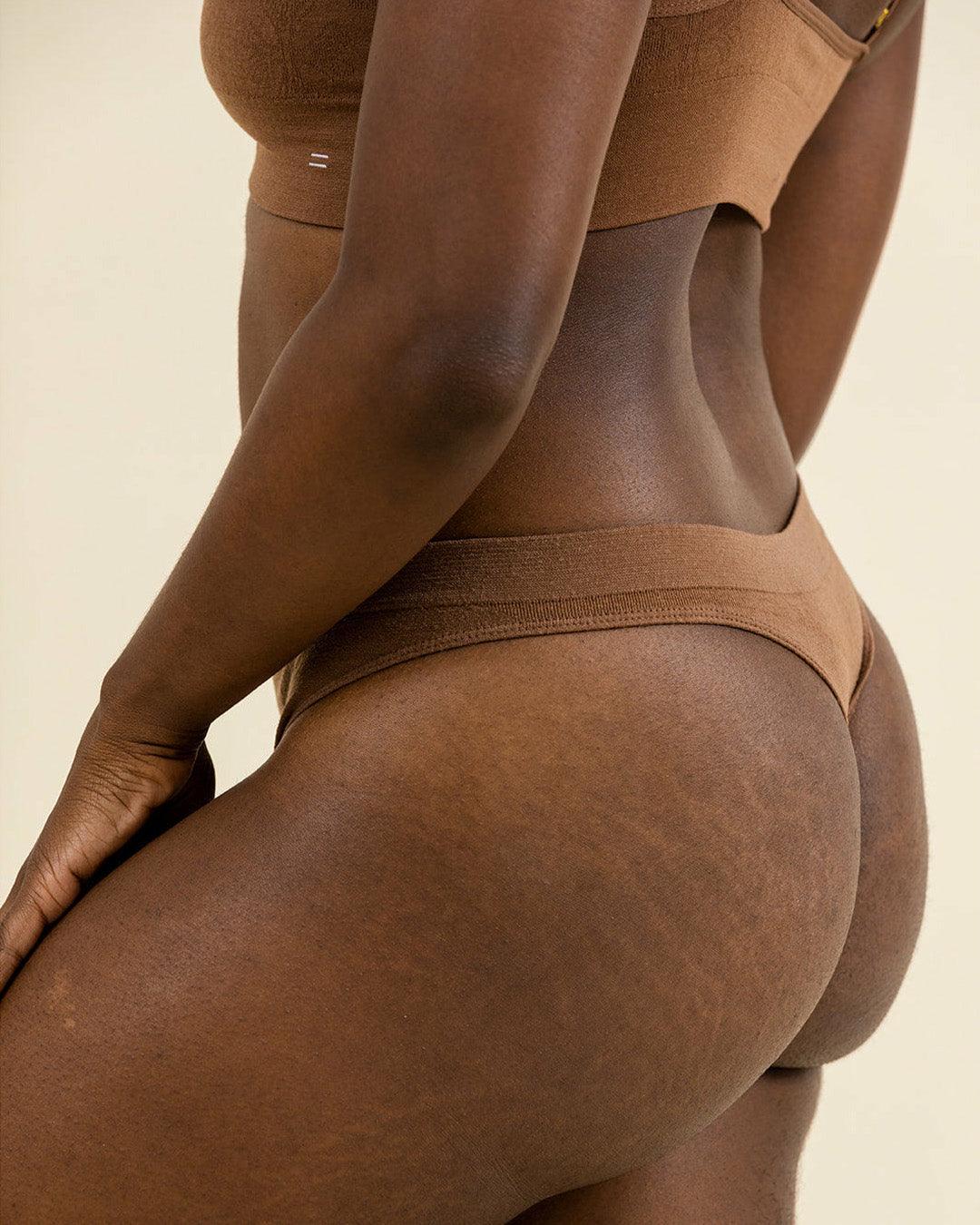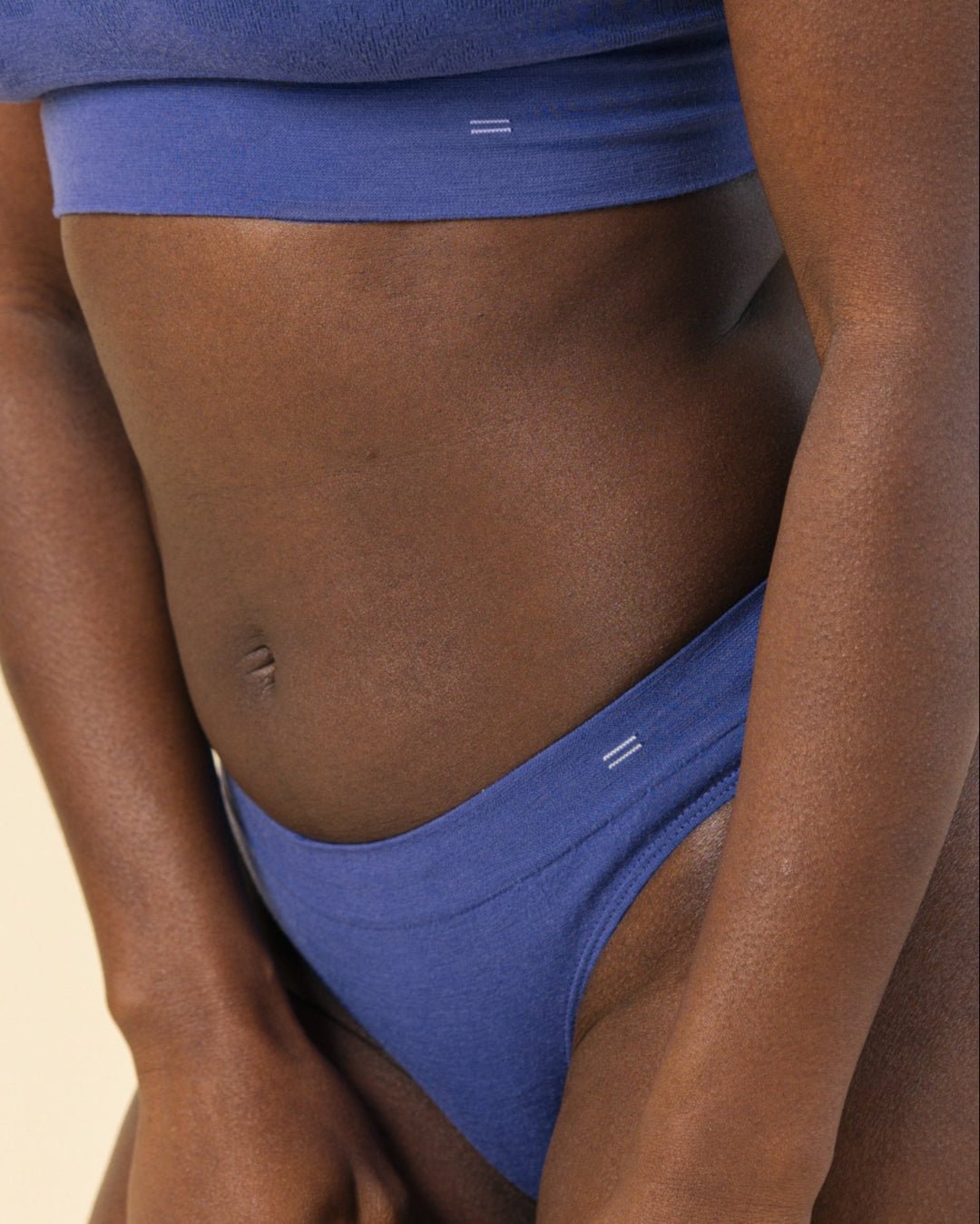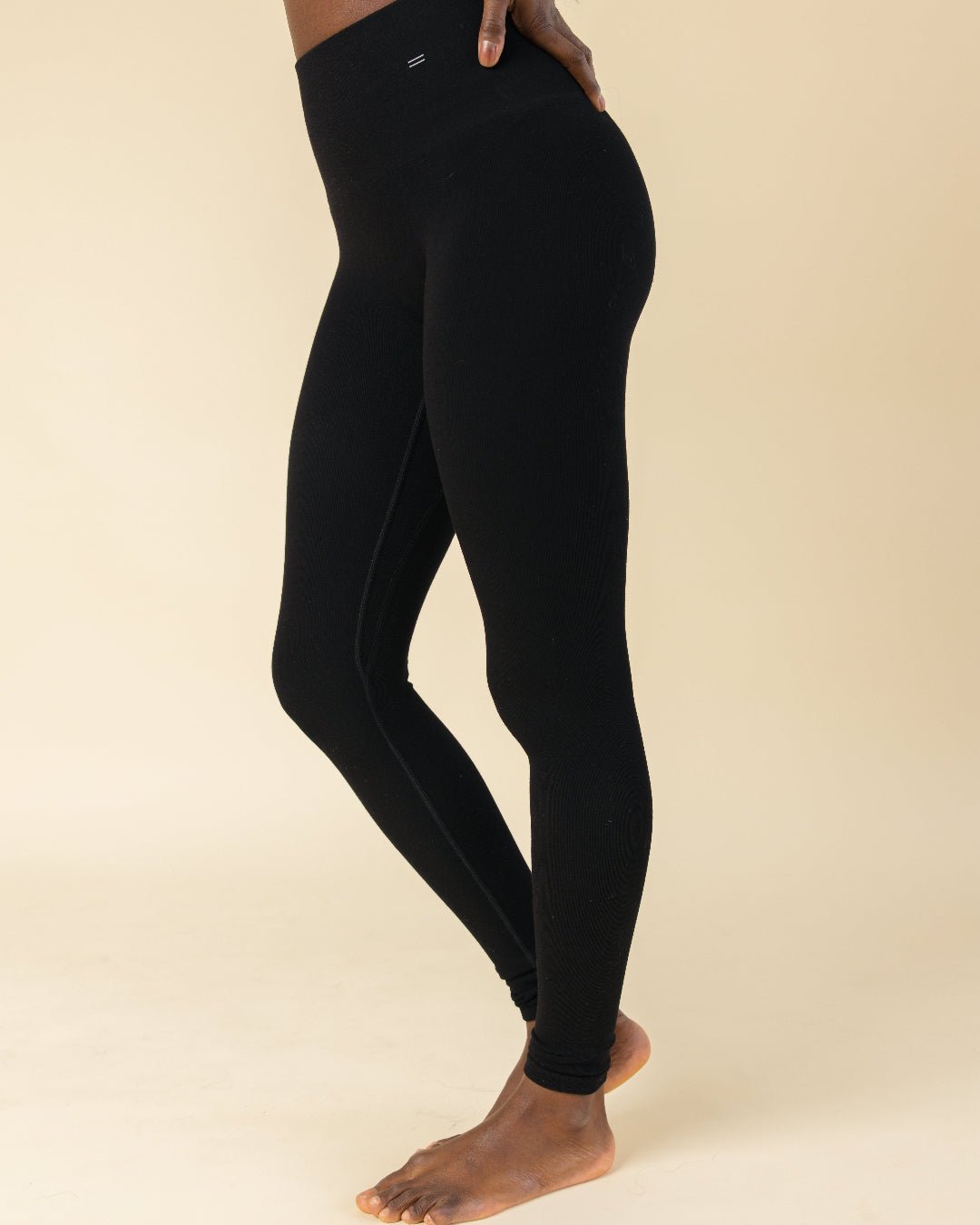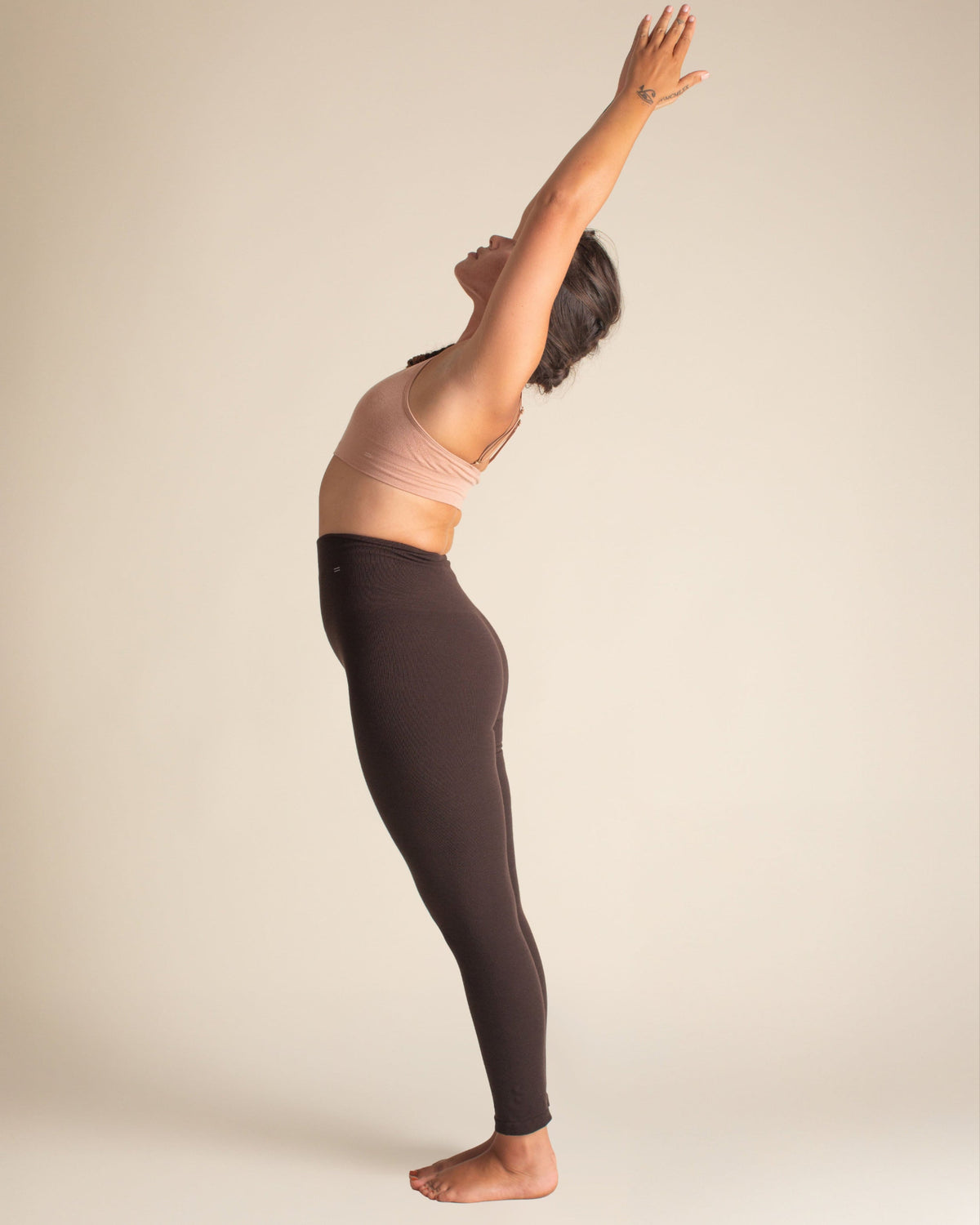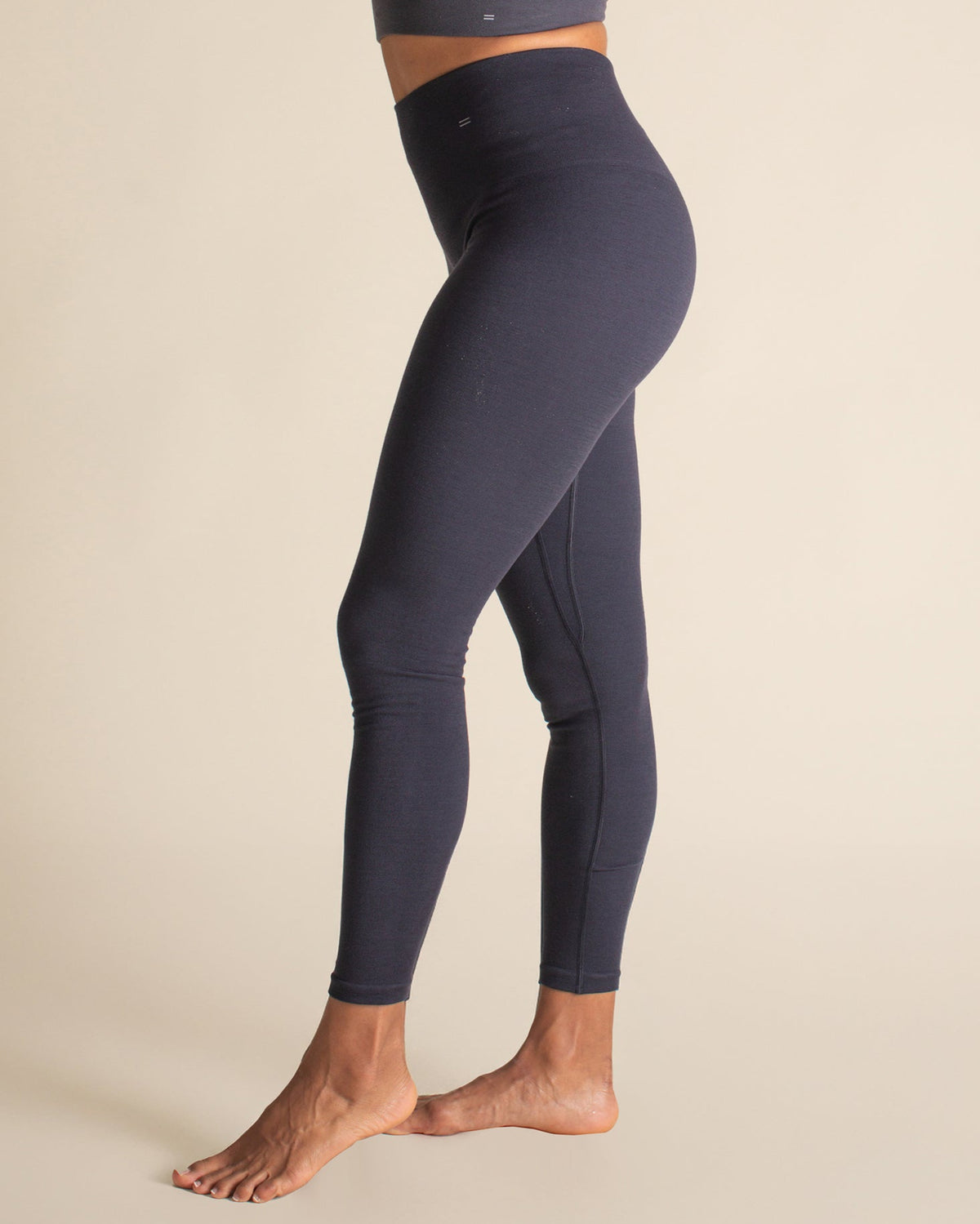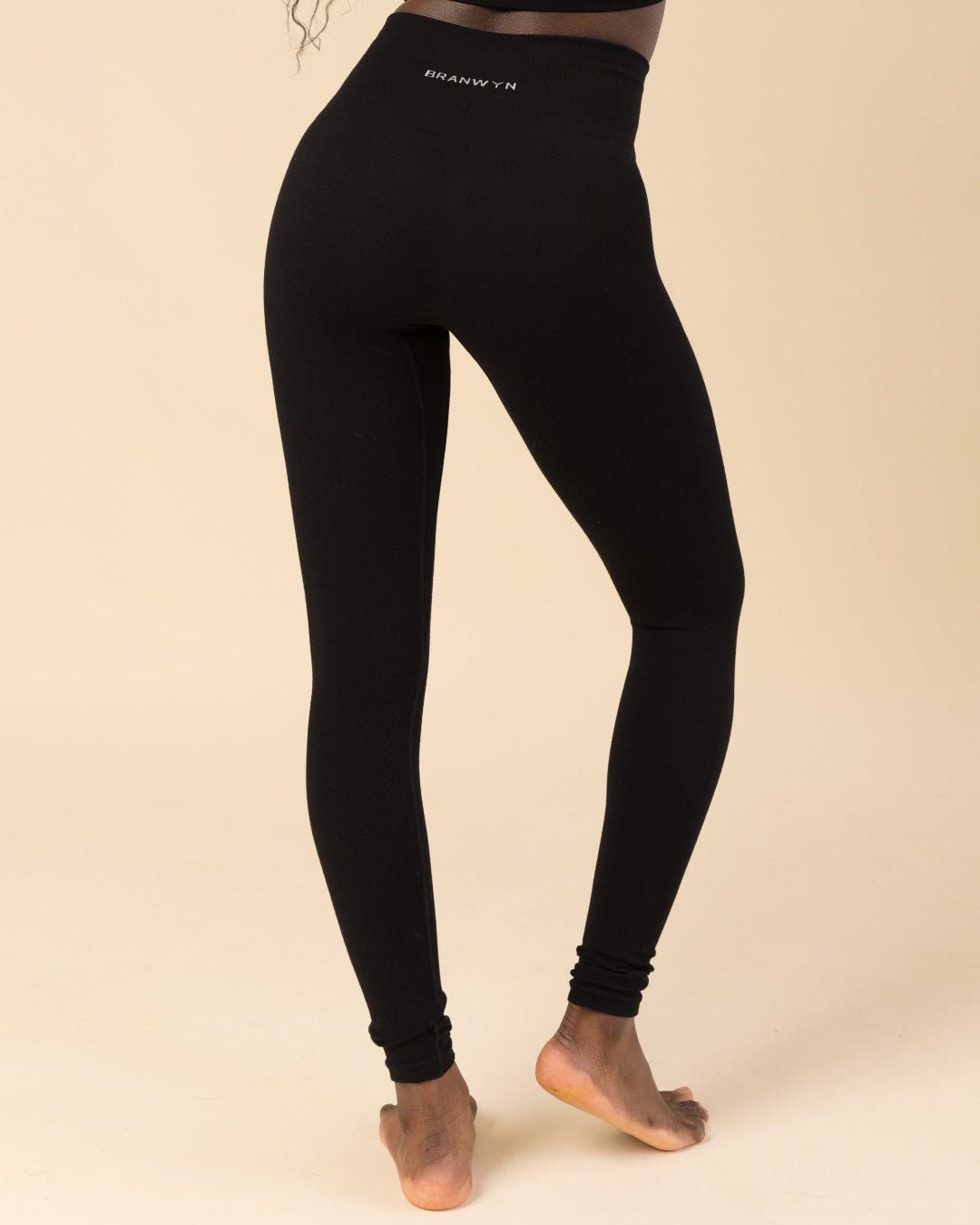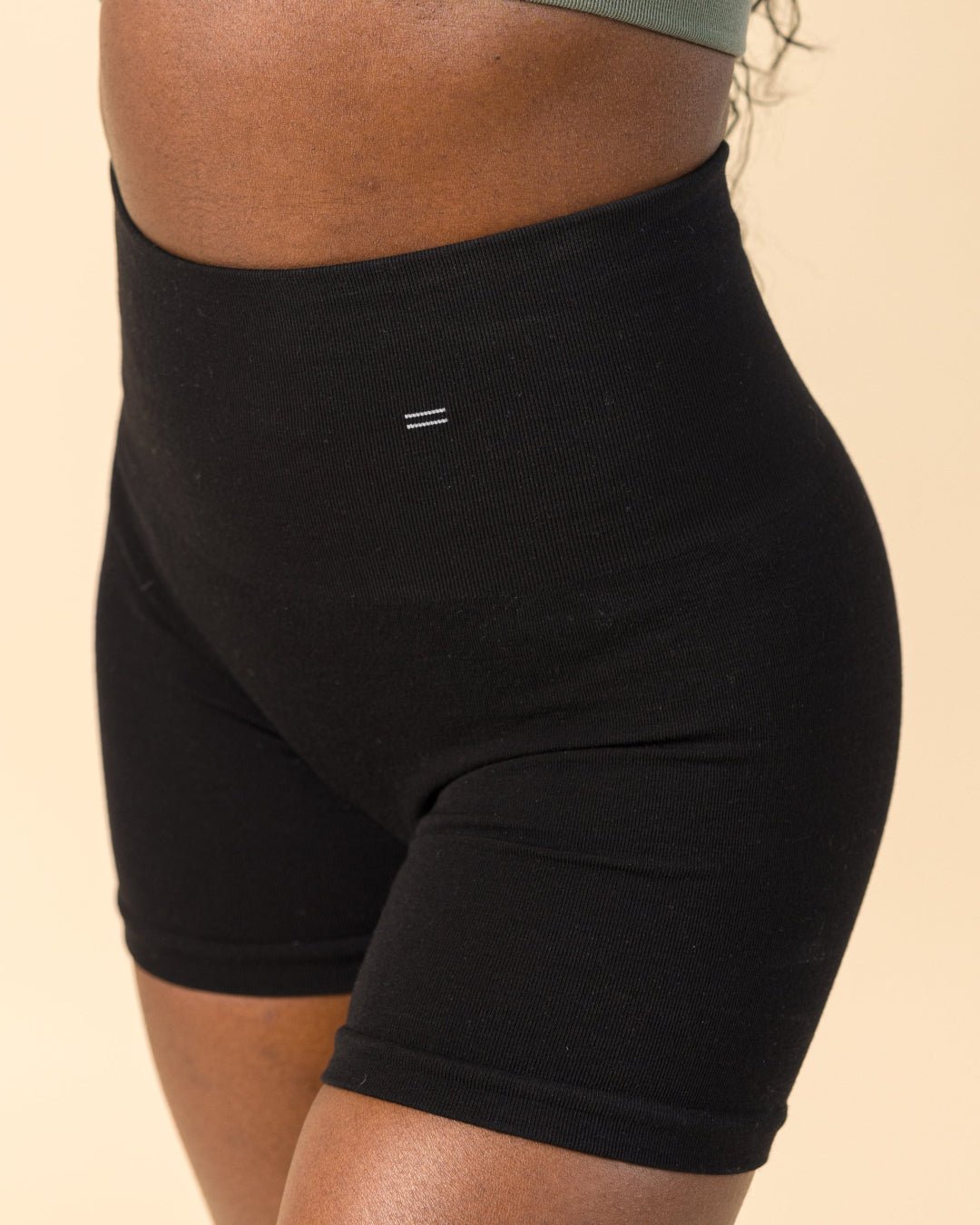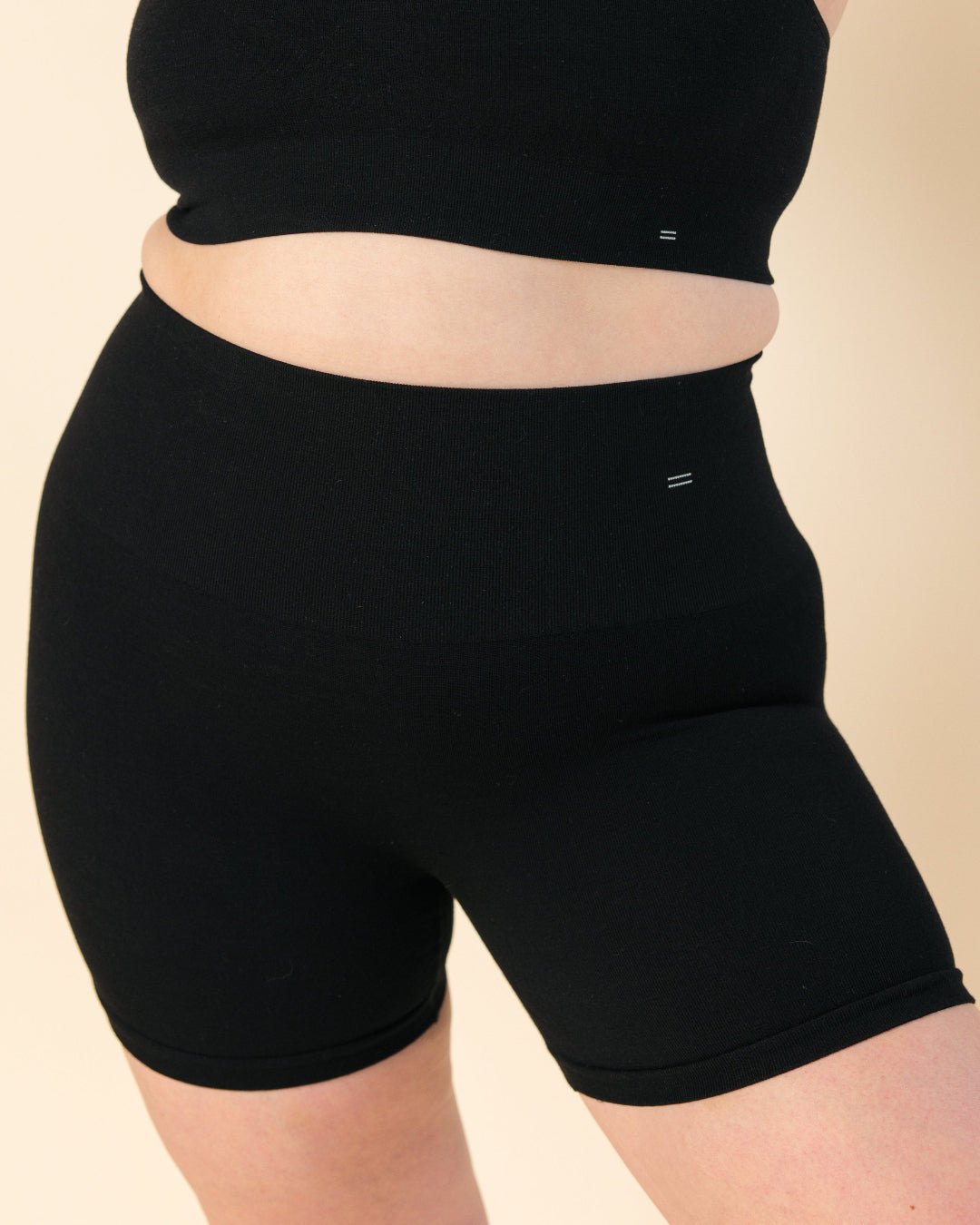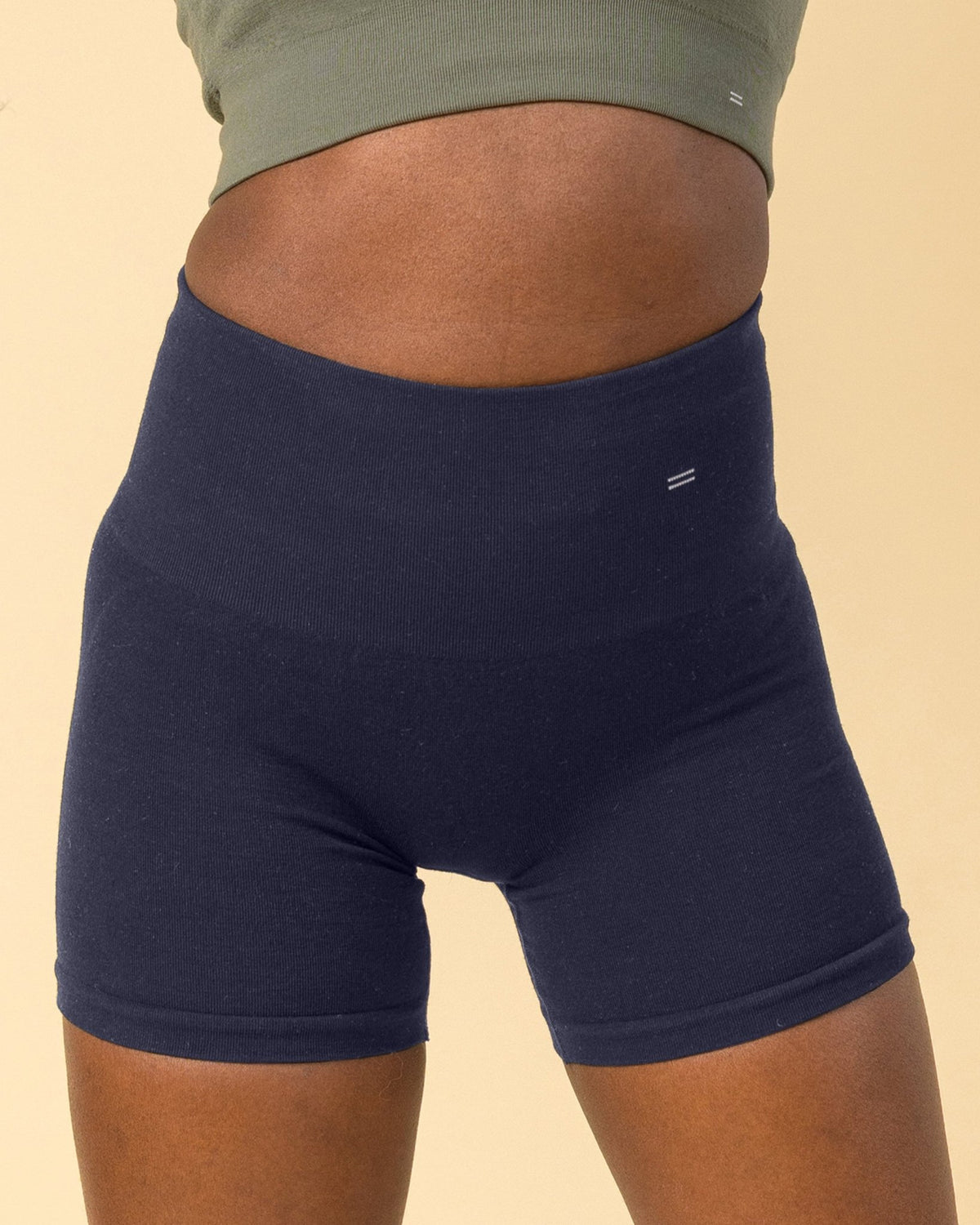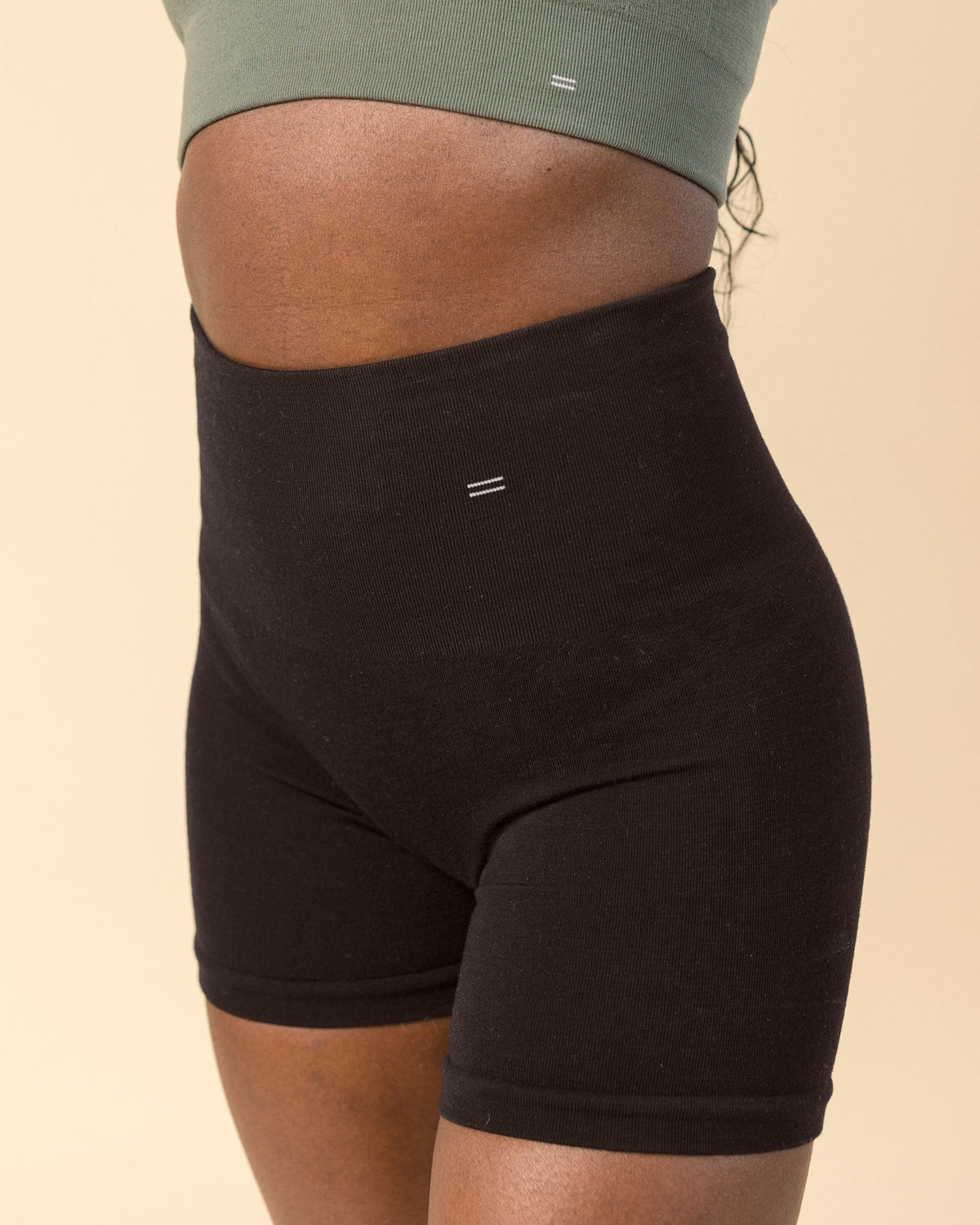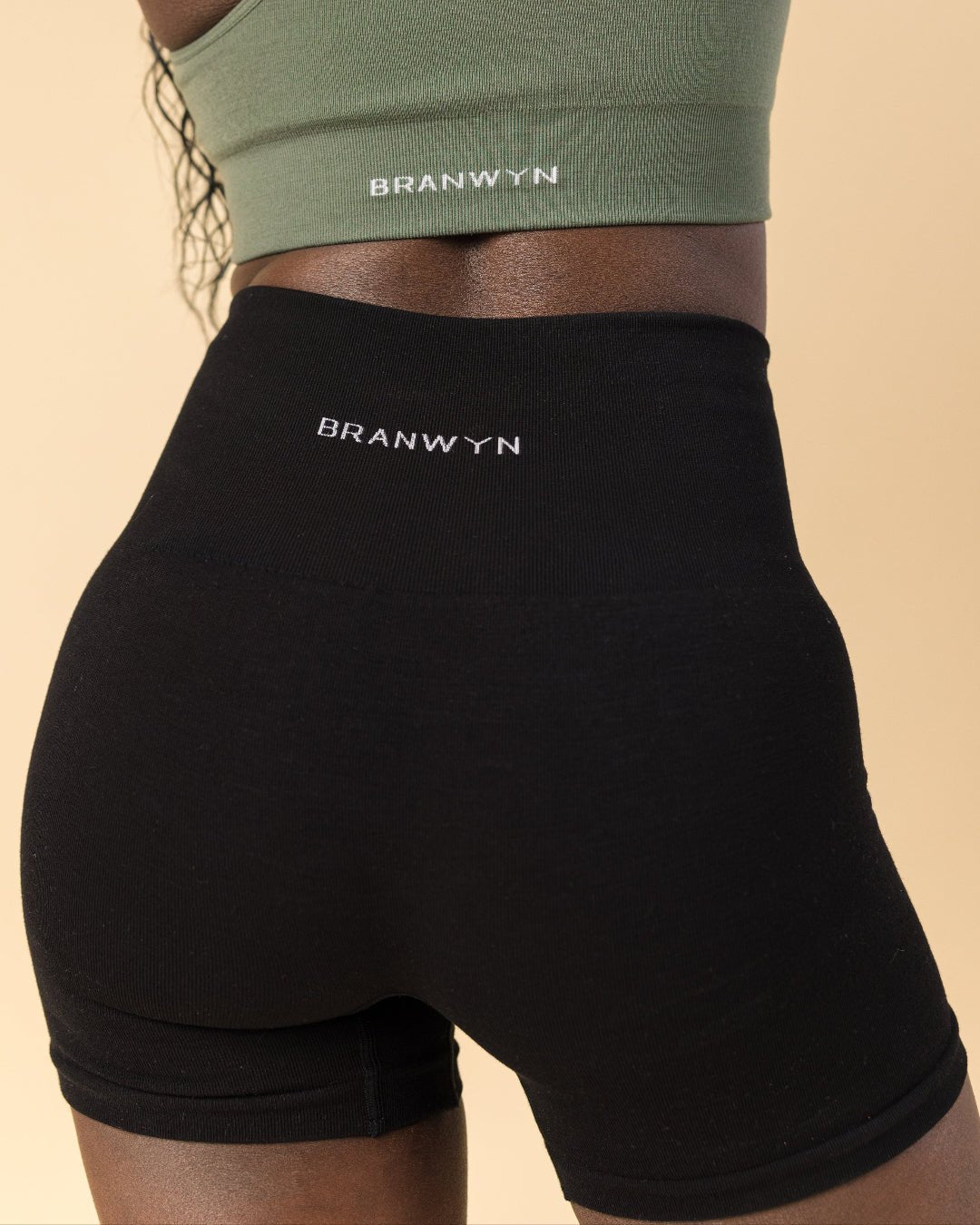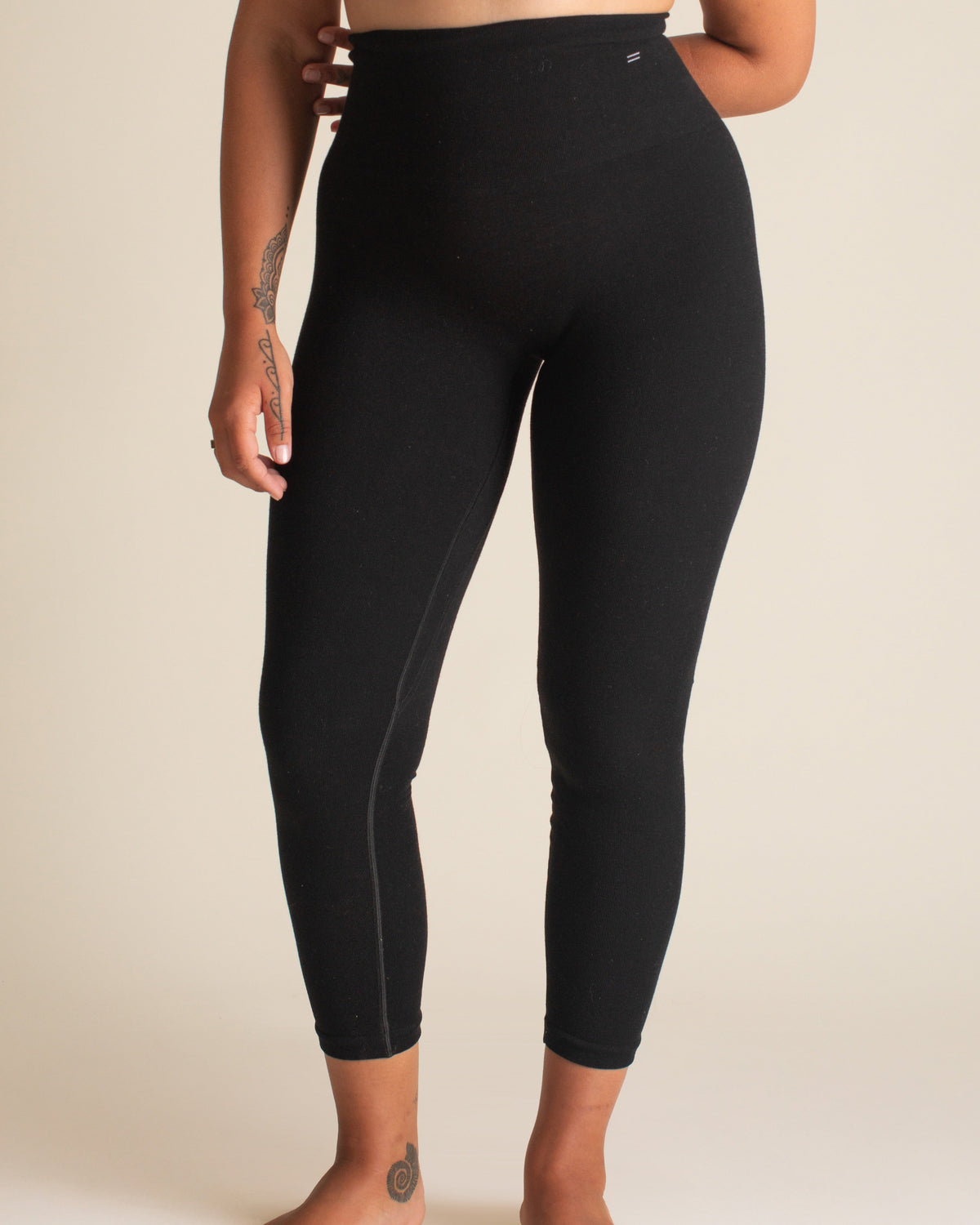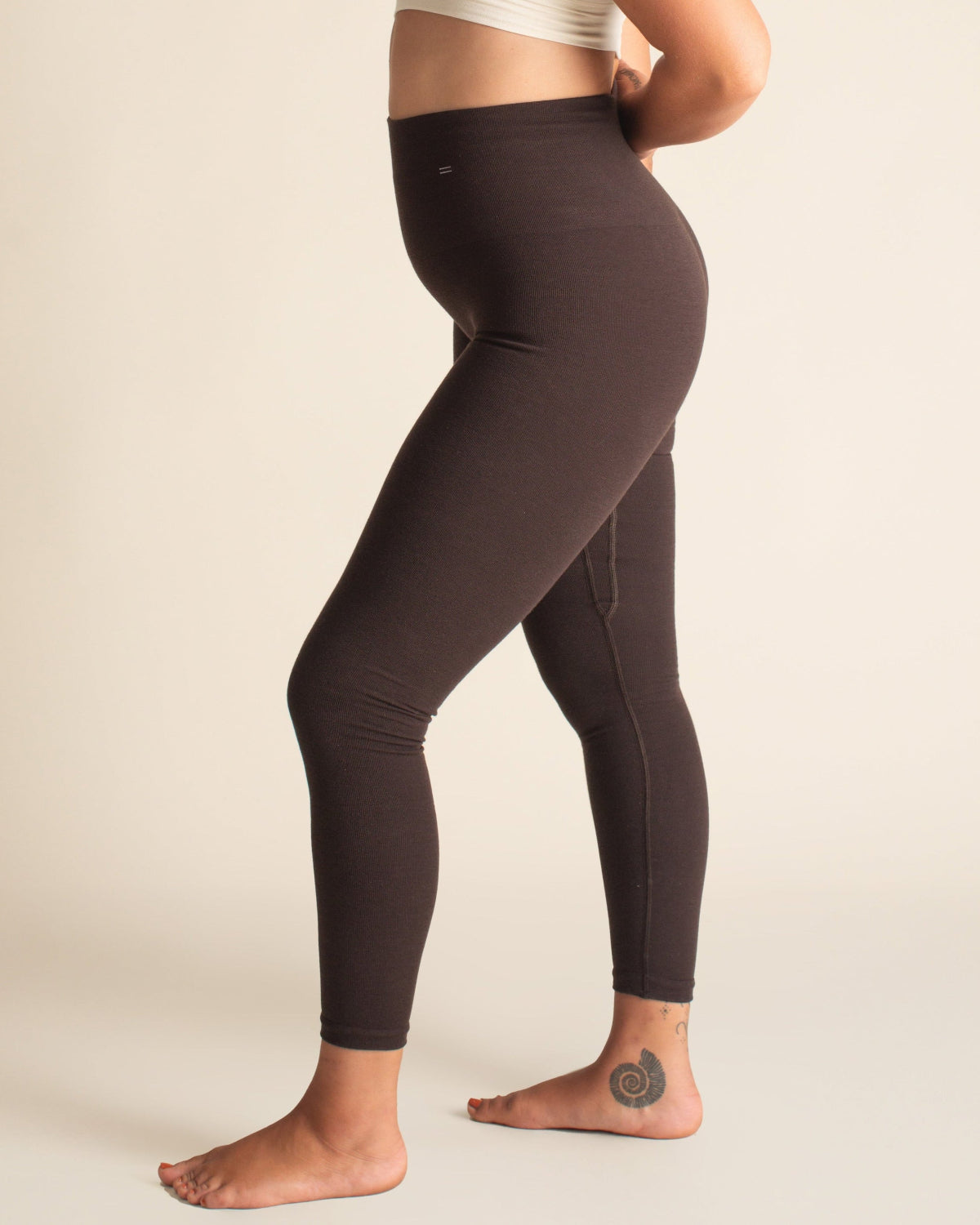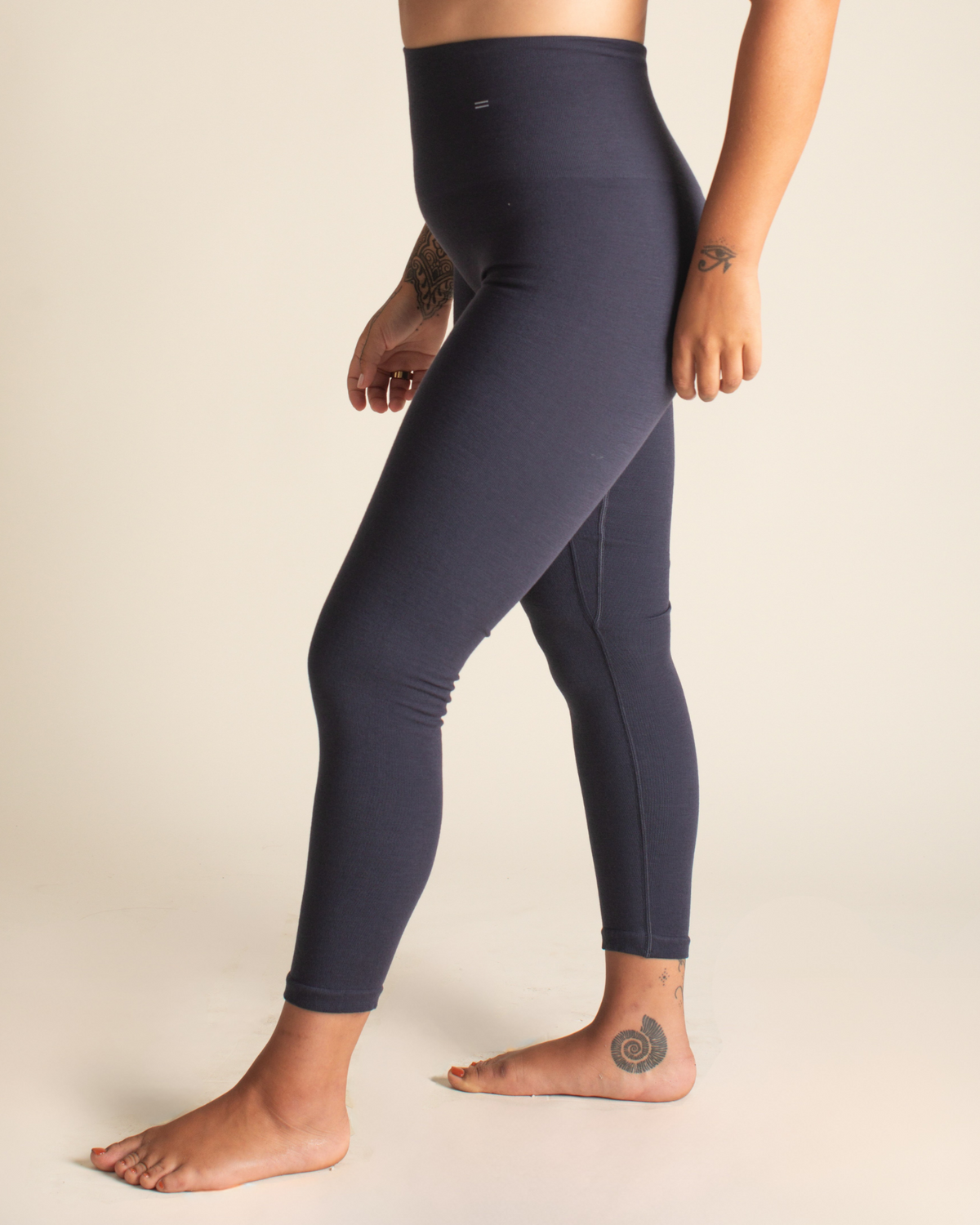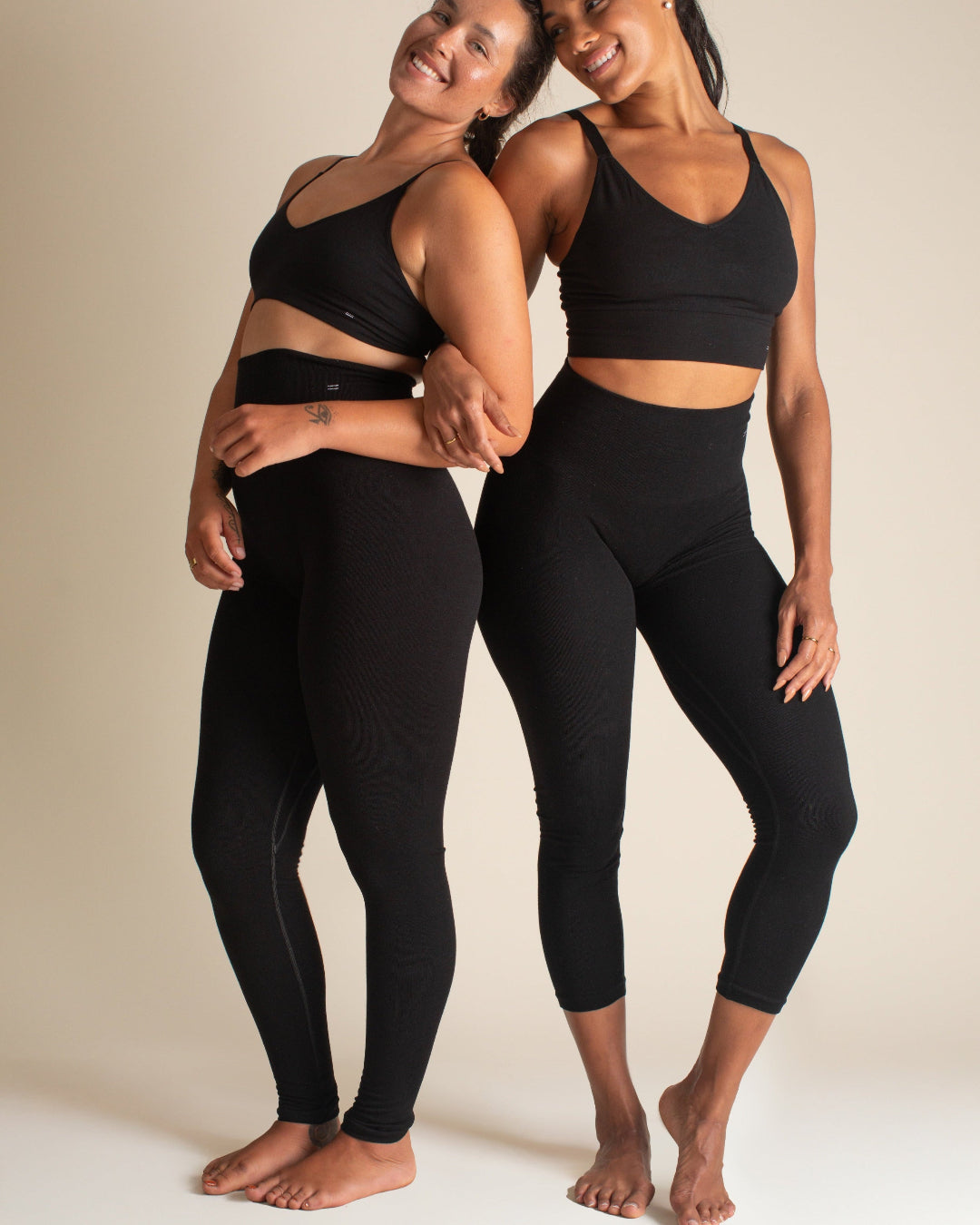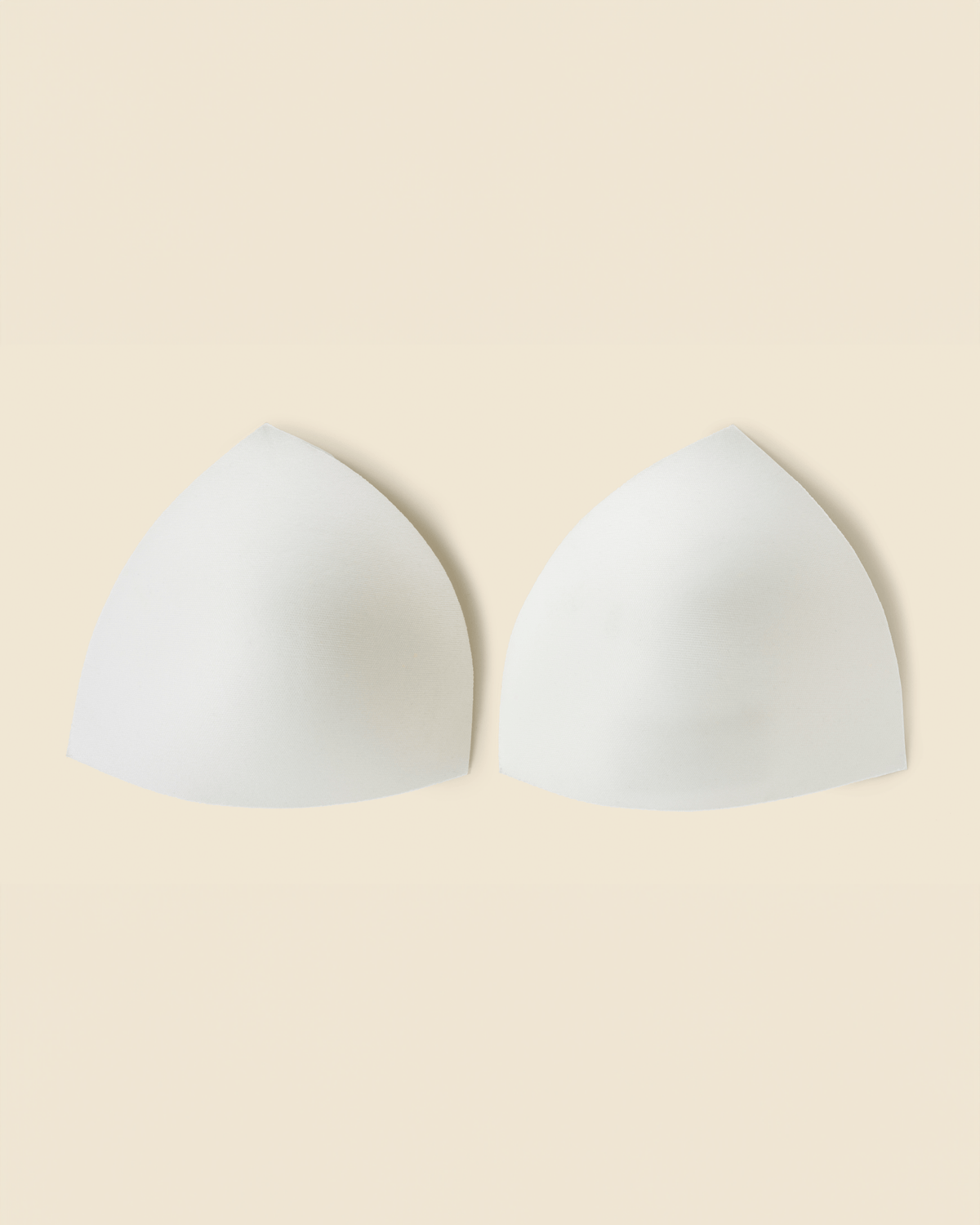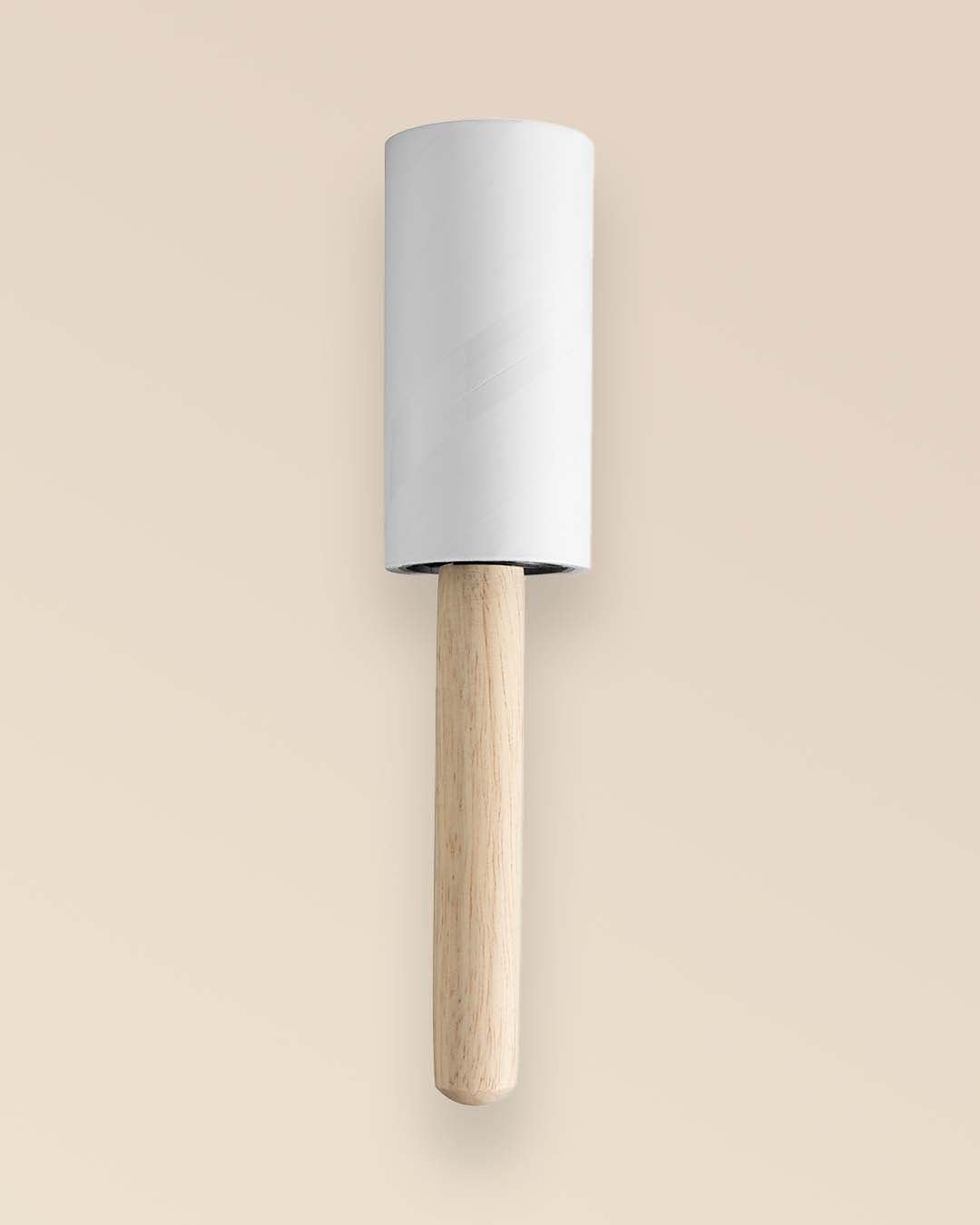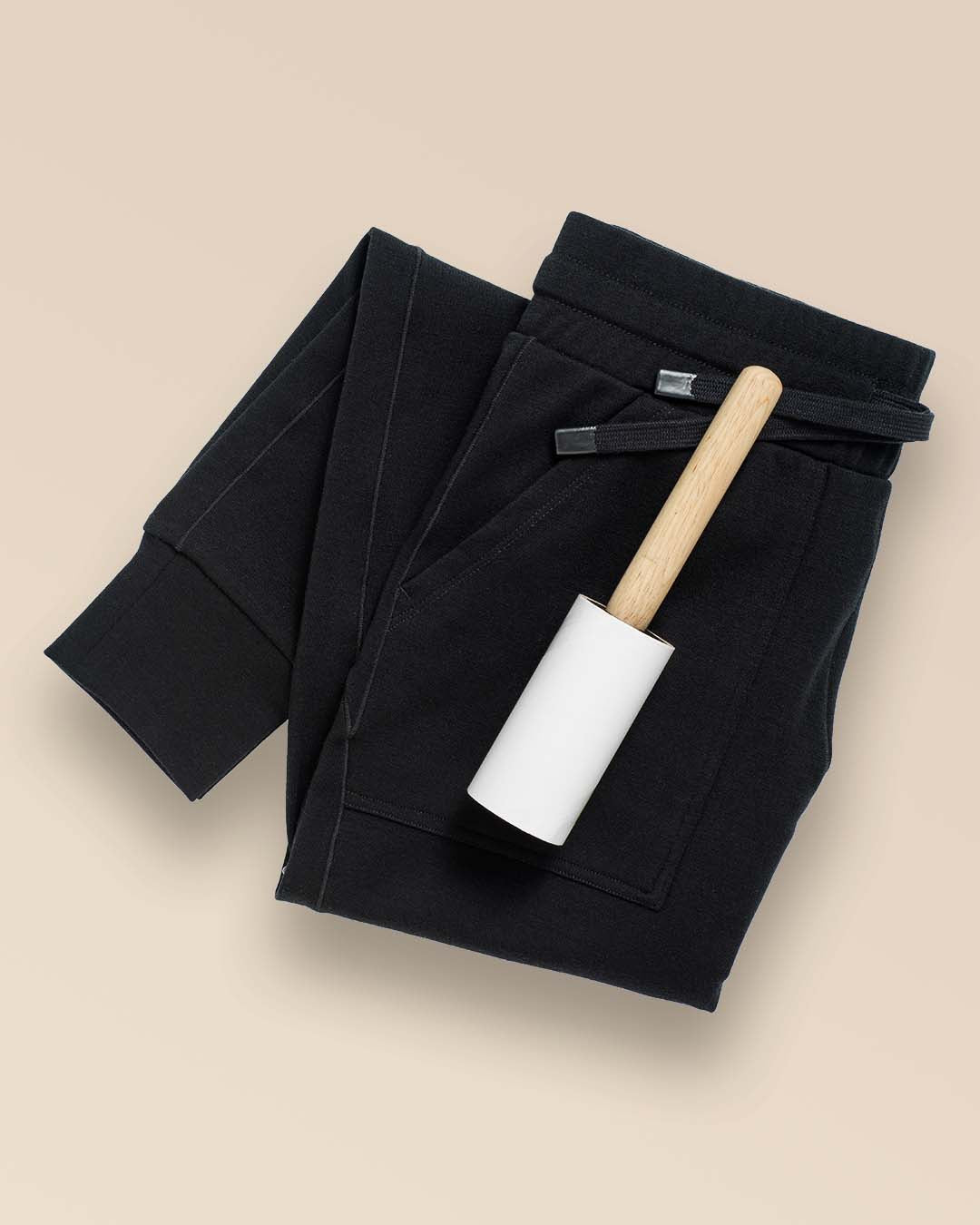More than one million women in the United States experience menopause every year. Still, anyone in the midst of this natural life stage knows menopause doesn’t receive the attention and full-throated conversation it deserves.
“Many women have never even heard about perimenopause [the transition into menopause], even in today's world of information overload,” says Amy Killen, MD, cofounder of Humanaut Health and founder of Human Optimization Project (HOP). “They are surprised by the mood changes and body changes that show up seemingly out of nowhere.”
“No one told us how to prepare for this job,” says Rossi Kunney, a Georgia-based fitness influencer and author, passionate about helping women through their menopause journey. When she releases videos discussing common symptoms, she often hears from women who thought they were alone. Kunney says, “They say: ‘How are you in my business?! That’s me!’”

Rossi Kunney
Dr. Killen and Kunney agree that in recent years, we’ve made progress toward putting menopause more in the spotlight—but that there’s still a long way to go. In an effort to help get the word out, here are 10 things everyone should know about menopause.
1. Every woman’s menopause journey is different.
One-hundred-percent of women lucky enough to live long enough will go through menopause—but it looks a little different for everyone. Some people go through menopause “naturally” as their ovaries start to slow down, and they gradually stop releasing eggs and producing as much estrogen and progesterone. For other women, menopause can be triggered by a medical event like chemotherapy, radiation, or surgeries that remove the ovaries.
The same goes for symptoms. “Some women have no symptoms. Some women feel like an entirely different person and have no idea how they got there,” says Dr. Killen.

2. There are actually three stages to menopause.
While we often use the word “menopause” as one thing, it’s actually three distinct stages.
- Perimenopause is the time “around menopause.” It’s when the most intense signature symptoms like hot flashes and mood swings happen. The first sign of perimenopause is often having a period that starts a week earlier or later than expected. Perimenopause usually starts around age 50, and lasts 2–5 years or longer.
- Menopause is the moment that menopause occurs. It’s usually confirmed retroactively after 12 months of having no period.
- Post-menopause is the stage of life after menopause.
3. It’s all totally normal.
Because there’s a lack of discussion around menopause, there can be pressure to hide the fact that it’s happening. “Nobody treats this as a natural journey, but it’s really just a new stage,” says Kunney. “If you're a woman in corporate America and you're struggling in a meeting and you're hot, people look at you like something is wrong with you. But it’s not. Like hey, Bob, your hair is thinning. This is all normal!”
4. Menopause has some major perks!
Like every stage of life, menopause is complicated. While we often focus on the negative symptoms, it can have some major perks. Menopause fitness coach Adriana Morrison, NASM, CPT, FSM, says going through menopause helped her find her voice. She noticed that the hormonal shifts brought to the surface emotions we are taught to bury—and the common symptom of impatience empowered her to speak her truth. She found herself “more apt to speak my mind and be more unfiltered.” Morrison explains, “In doing so you’re actually representing your inner self. You’re not compromising your voice for someone else’s comfort zone.”
This change in perspective can be a gamechanger. It’s no conscience that women ages 65 to 79 are the happiest demographic in America. In her book Women Rowing North, the author Mary Pipher says, “At this life stage, women start granting themselves the power of no.”

Adriana Morrison
5. It can also have some serious symptoms.
While menopause has benefits, the transition can be tough. “Hot flashes, night sweats, vaginal dryness, mood changes, weight gain, and sleep disturbances are all very common,” says Dr. Killen. On top of the physical, women can also experience brain fog, depression, anxiety, irritability, and difficulties around sex (like pain due to vaginal dryness or trouble having an orgasm).
Kunney says she struggles most with nighttime hot flashes and —“I have hot hot nights”—and memory lapses. For Morrison, it was sleep patterns, weight fluctuations, skin elasticity, and fatigue. “My energy levels were dropping,” she says. “Being a mom of four, that was so frustrating.”
6. Forgetfulness is typical and most often goes away.
More than 60 percent of women experience memory or cognition issues during perimenopause. Kunney says that for her followers in menopause this is often a major area of concern as women confuse it with early onset dementia. “I tell them it’s not dementia—it’s de menopause,” she says. The good news is that once hormones balance, for the vast majority of women, memory will return.

7. There are lots of ways to manage challenges.
For anyone struggling with symptoms, it’s important to know you don’t have to suffer. There are ways to find relief. “Lifestyle optimization is essential for all women - exercise that includes heavy lifting, nutrition that emphasizes protein, healthy fats and lots of fiber, quality sleep, and healthy relationships.,” says Dr. Killen. Both Morrison and Kunney have experienced the benefits of prioritizing fitness, self-care, and nourishing eating in menopause first hand.
Beyond taking care of your body and mind, it can help to opt for performance-oriented clothes. BRANWYN Merino wool Performance Innerwear has natural temperature-regulating and moisture-wicking properties that can help keep our most sensitive areas cool and dry when hot flashes attack.
Women can also talk to their doctor about medical options. “Menopause hormone therapy is an option for most women,” says Dr. Killen. “ There are also non-hormonal drugs and supplements available that can be useful for women who can't [or don’t wish to] take hormones.”

Dr. Amy Killen
8. You are not alone!
Remember, if you are going through menopause, you are in great company. It’s not a final chapter, it’s where we spend 40 percent of our lives. Seventy-five million women living in the United States are currently in perimenopause, menopause, or post-menopause. There’s not only strength in numbers, but in the compassion, togetherness, and support we can feel from one another. We’d love to hear your thoughts, personal stories, or experiences with menopause! Please connect with us any time at info@branwyn.com or @branwynoffical on Instagram and Facebook.


